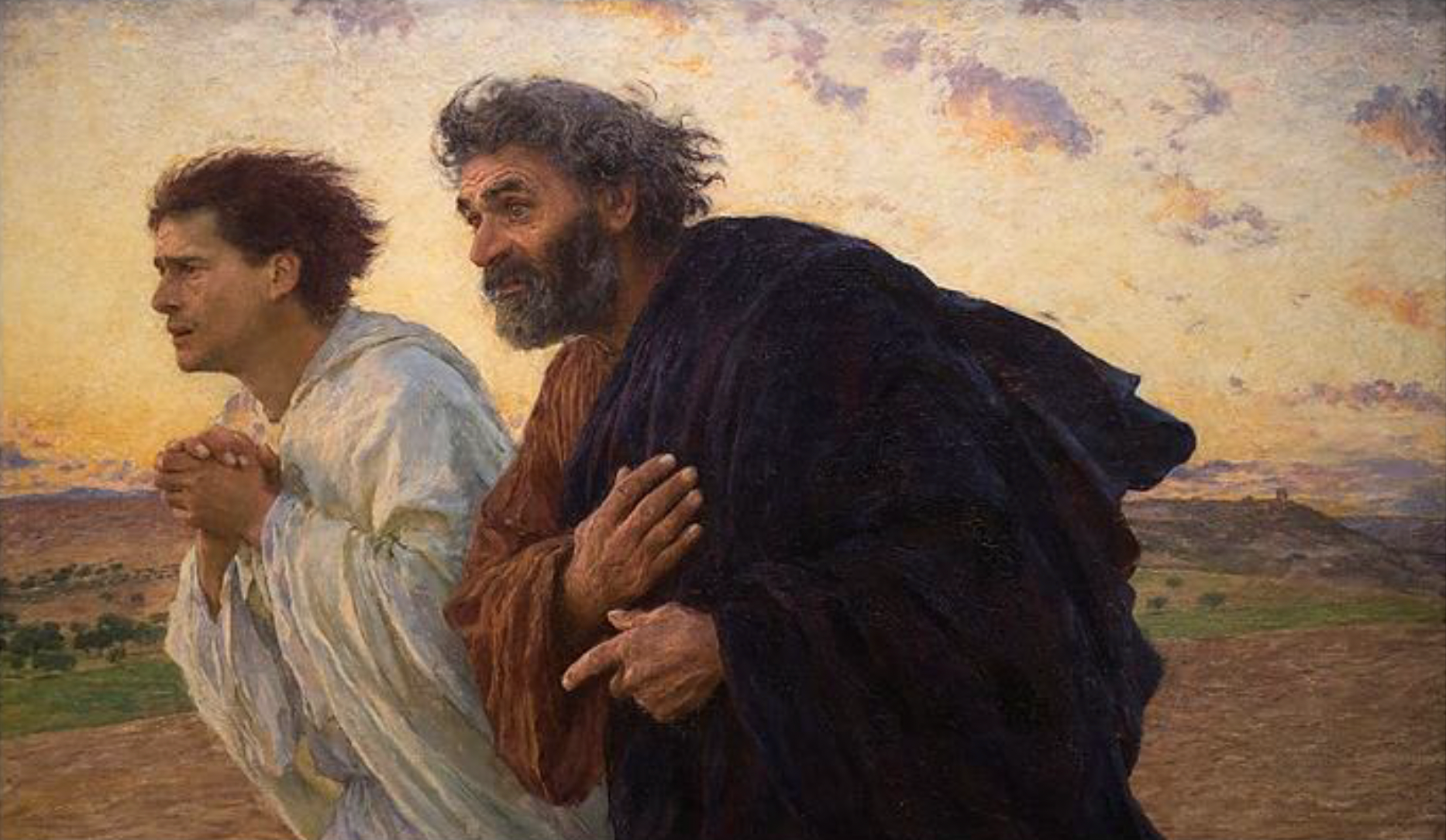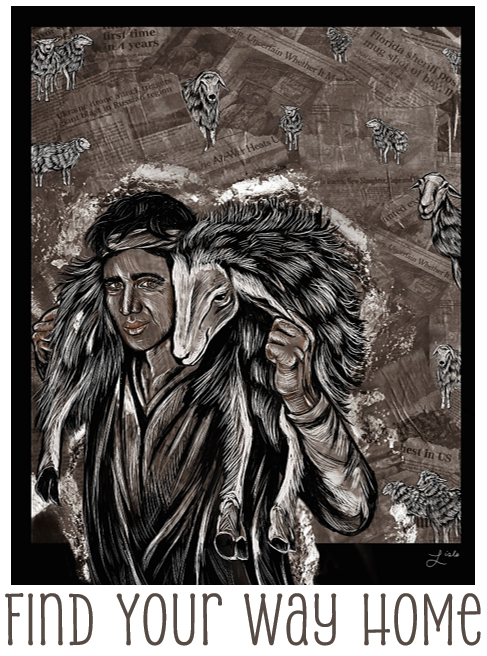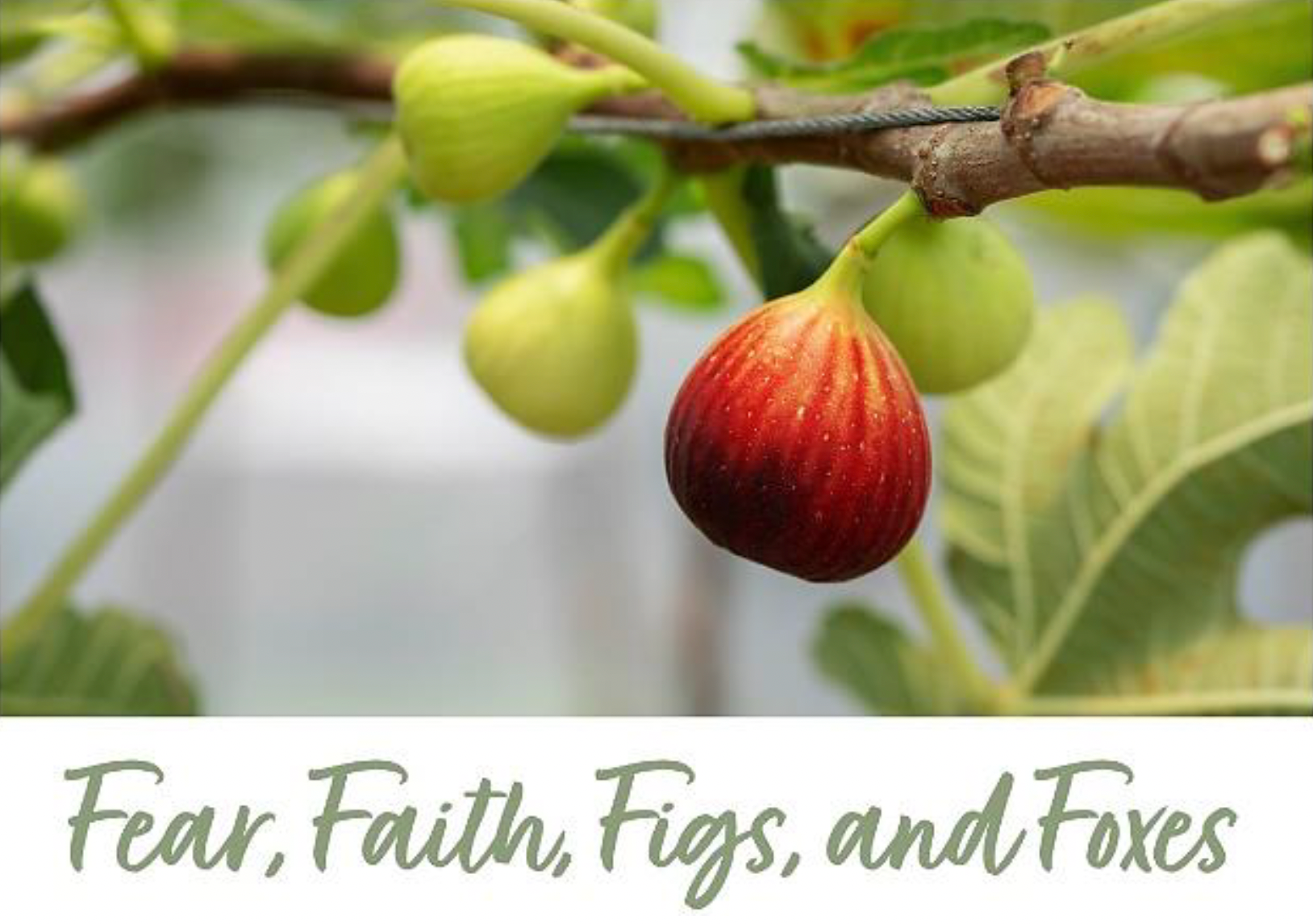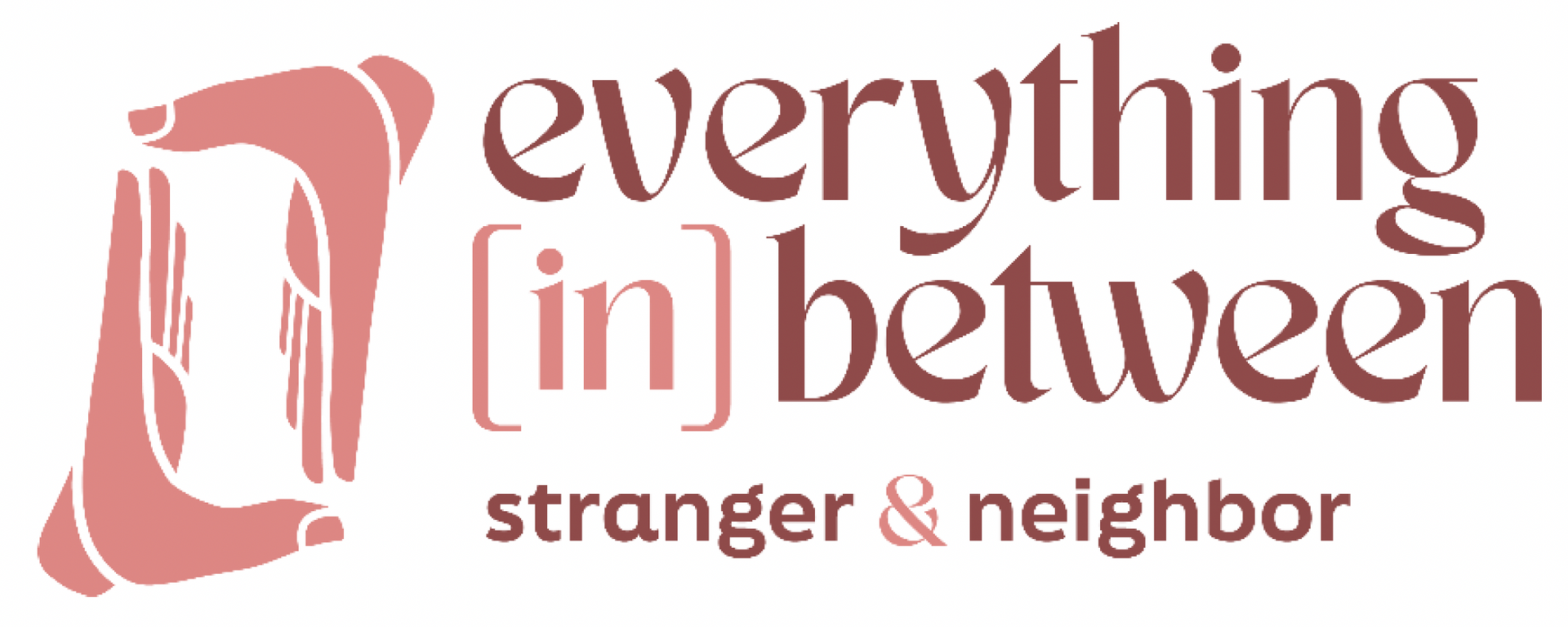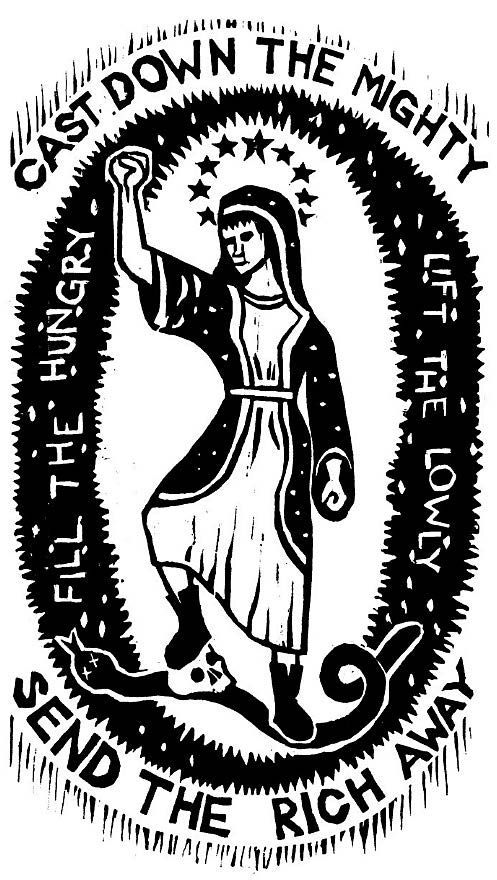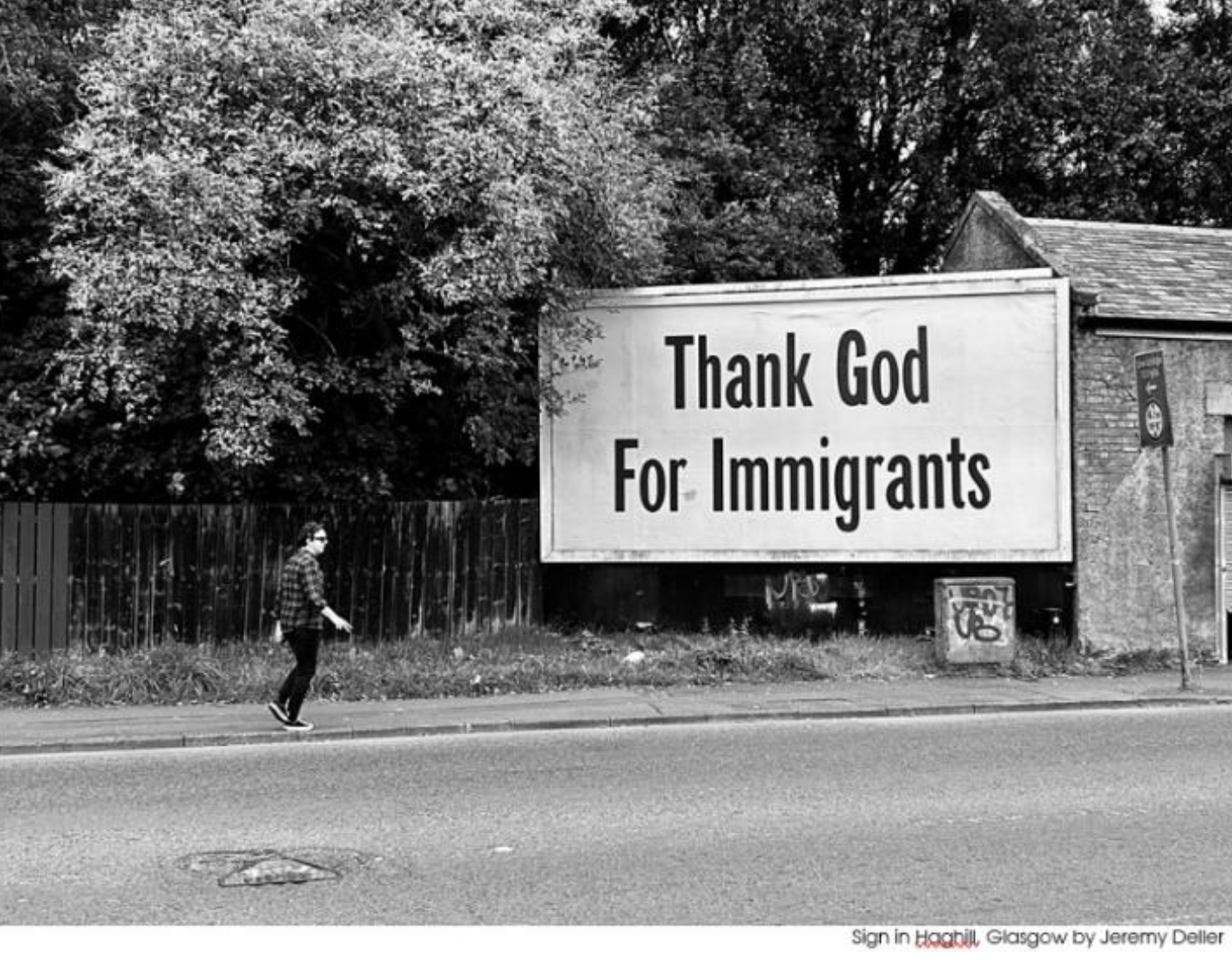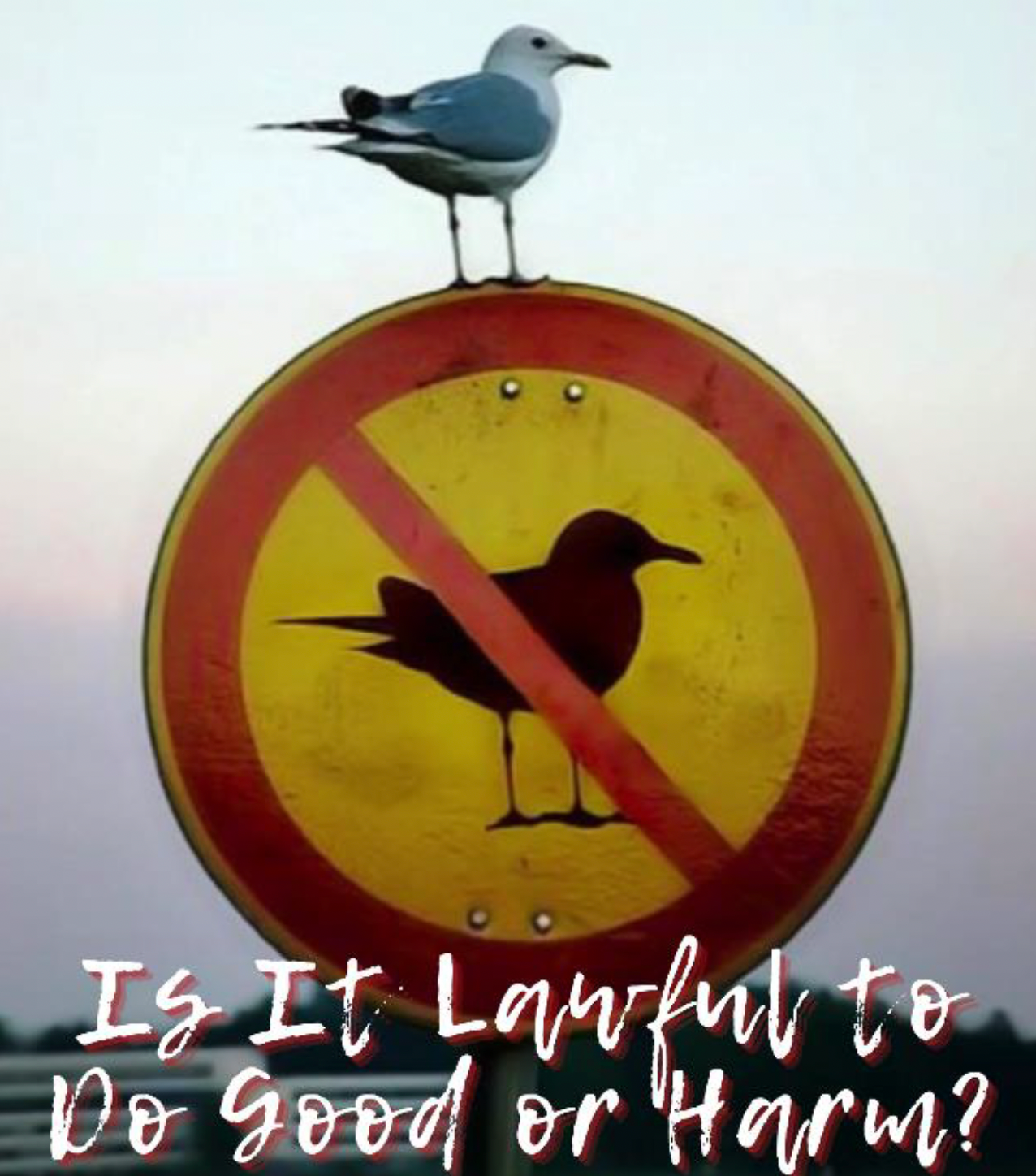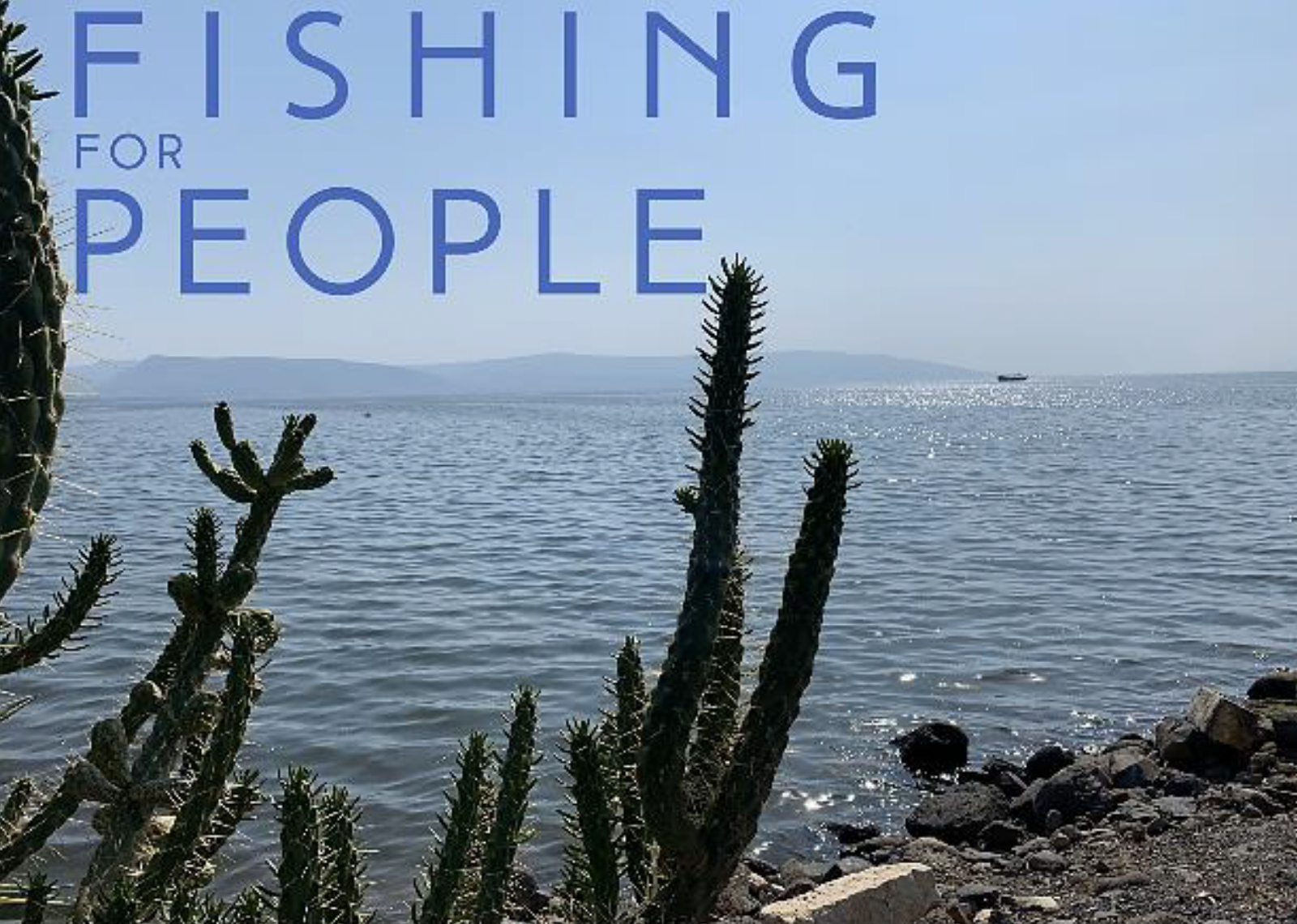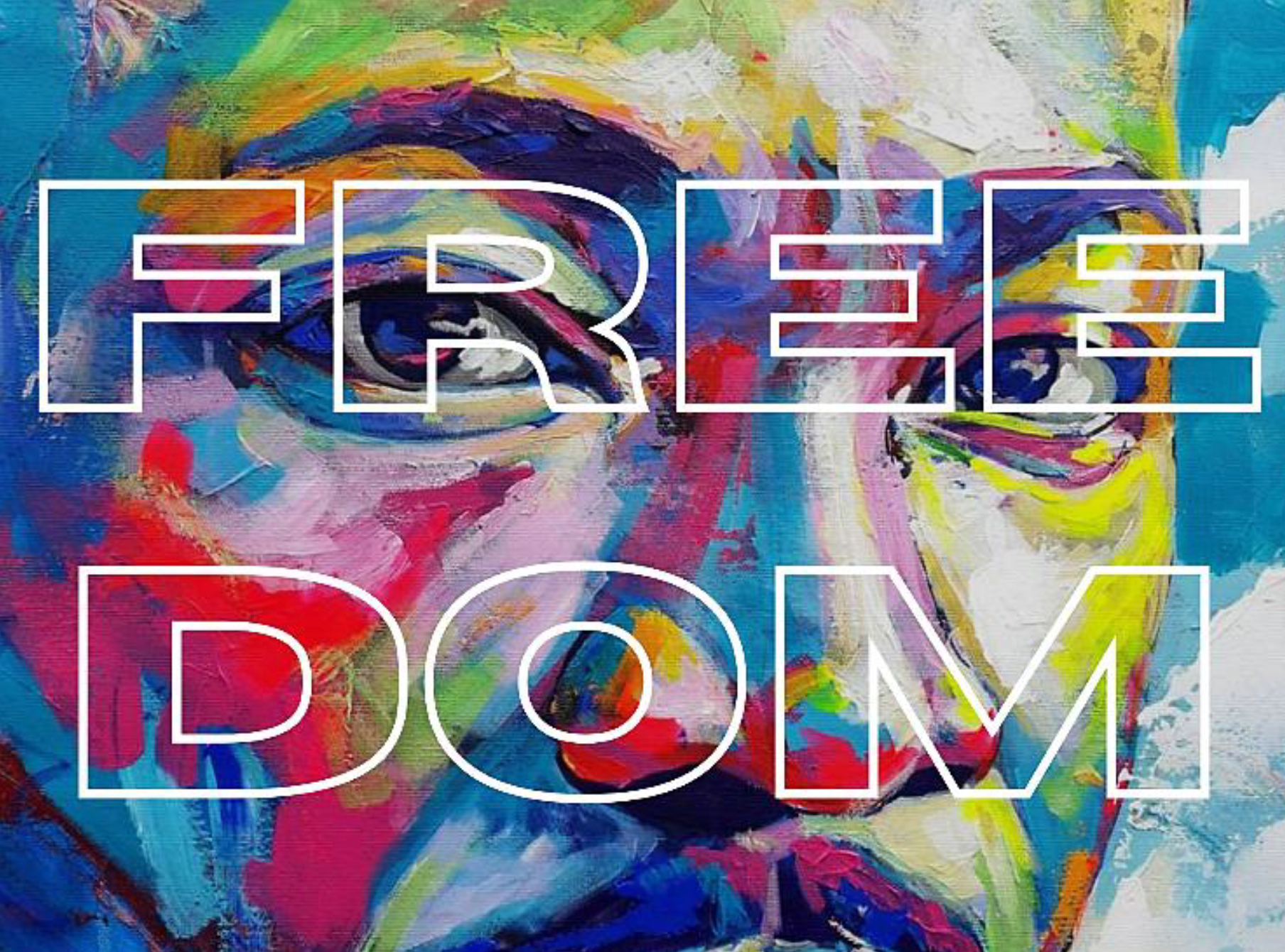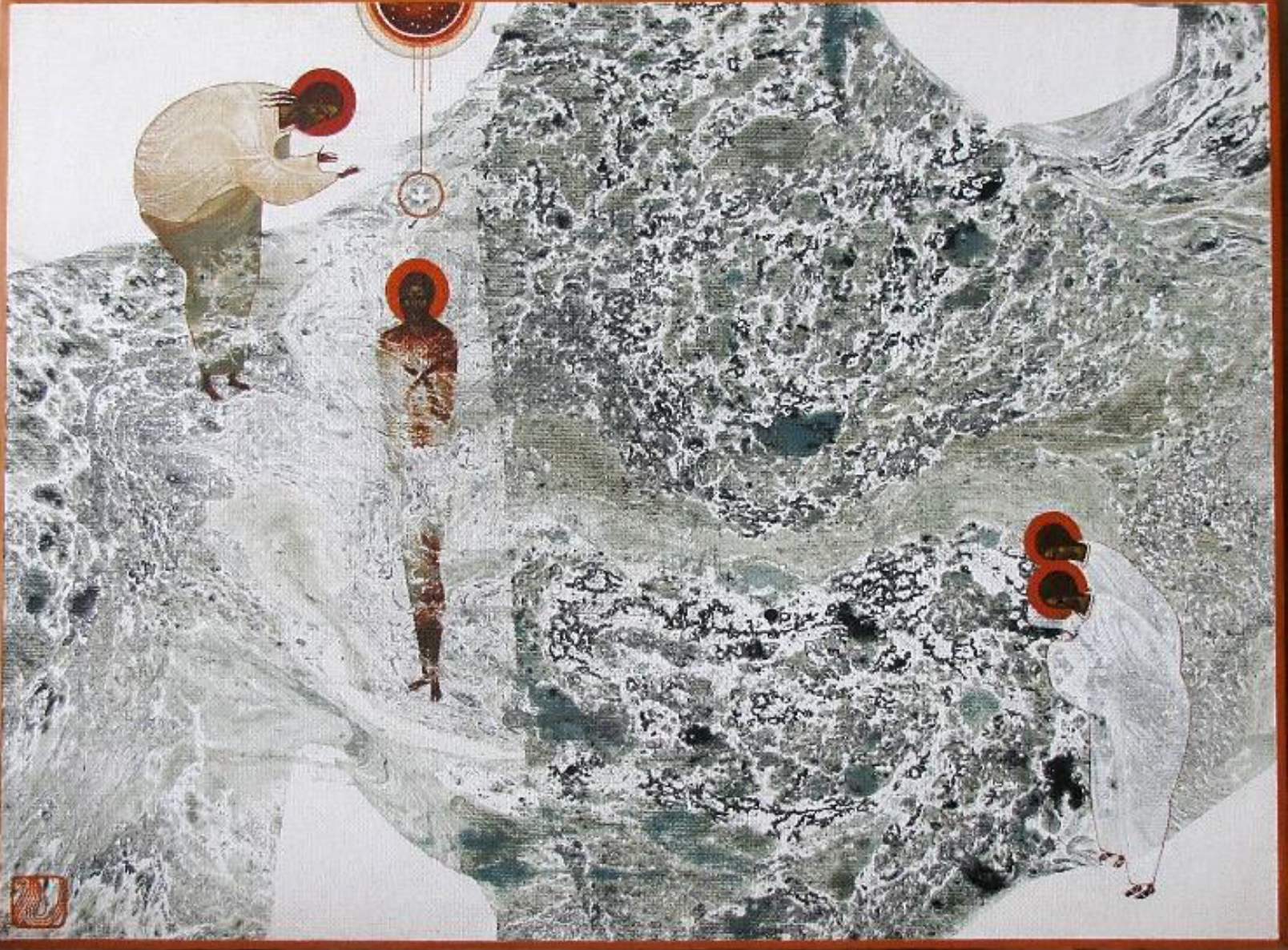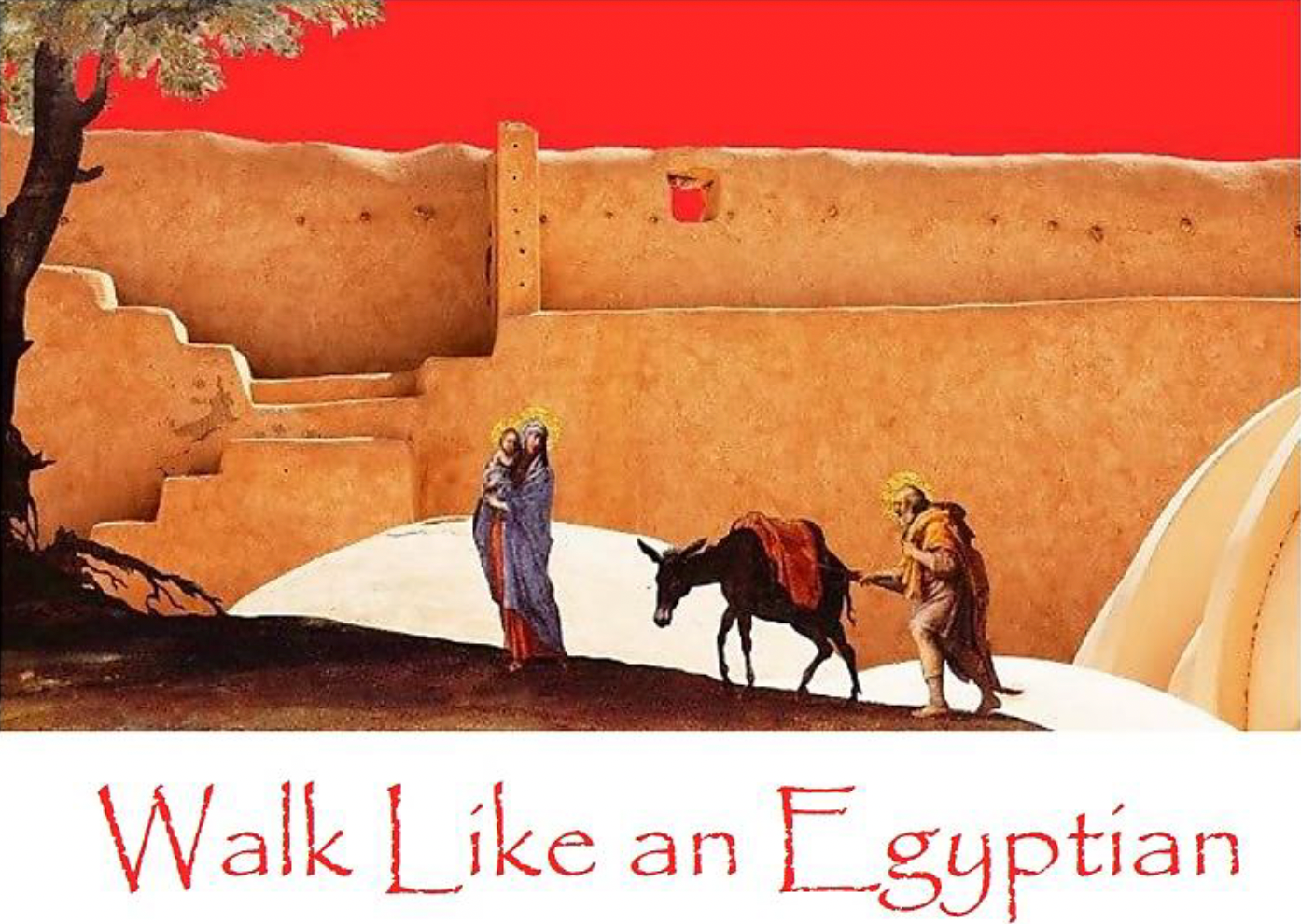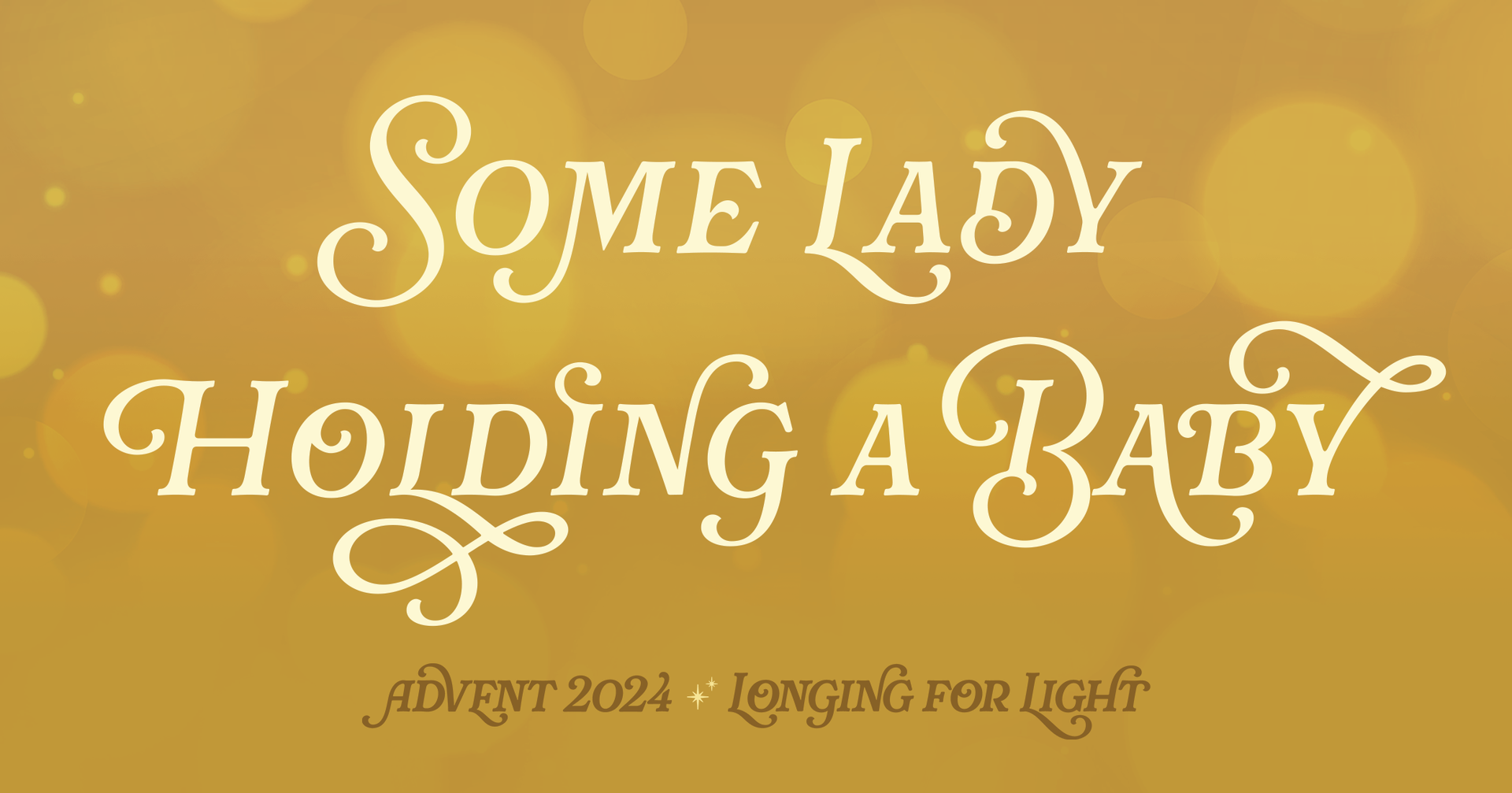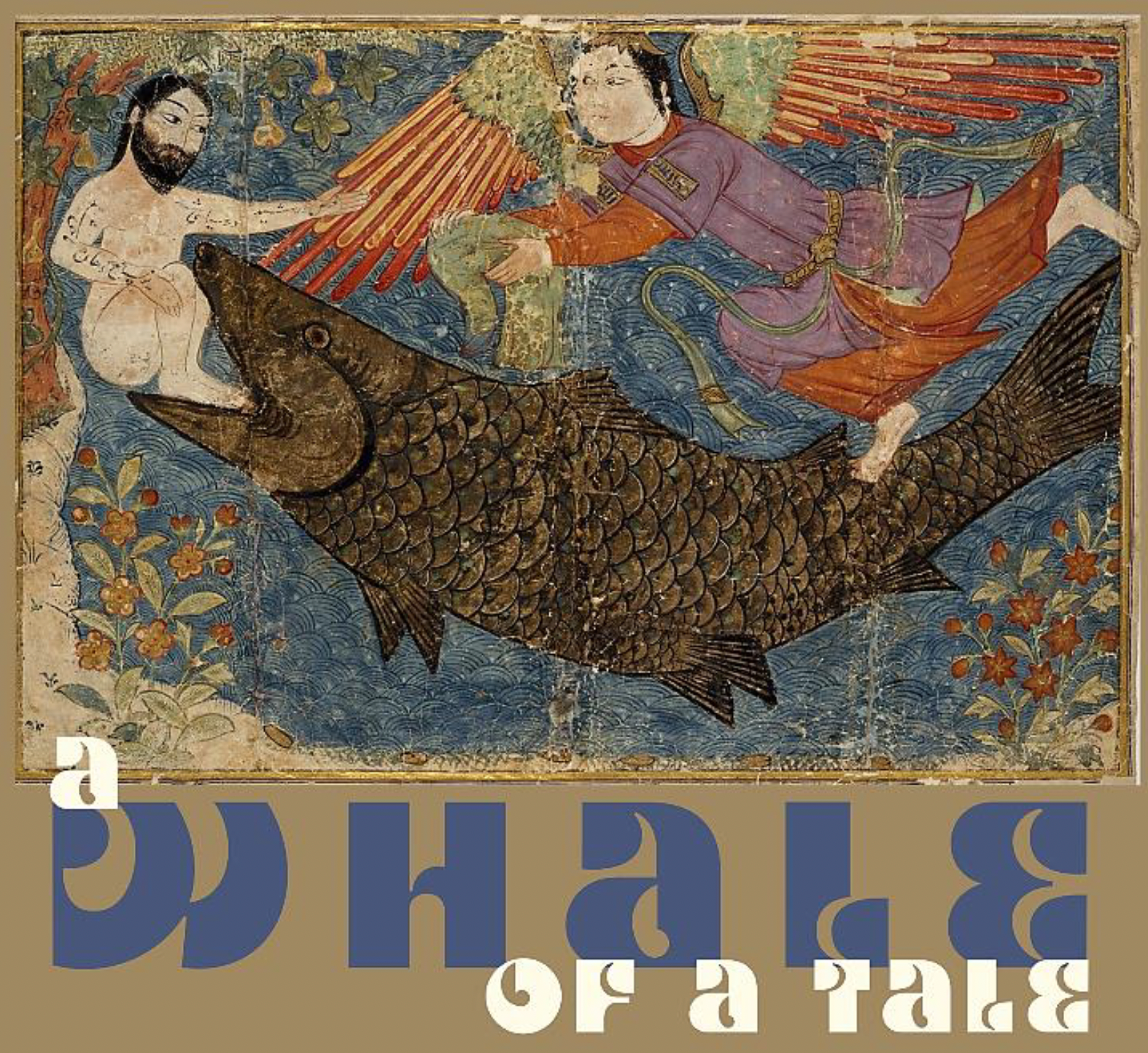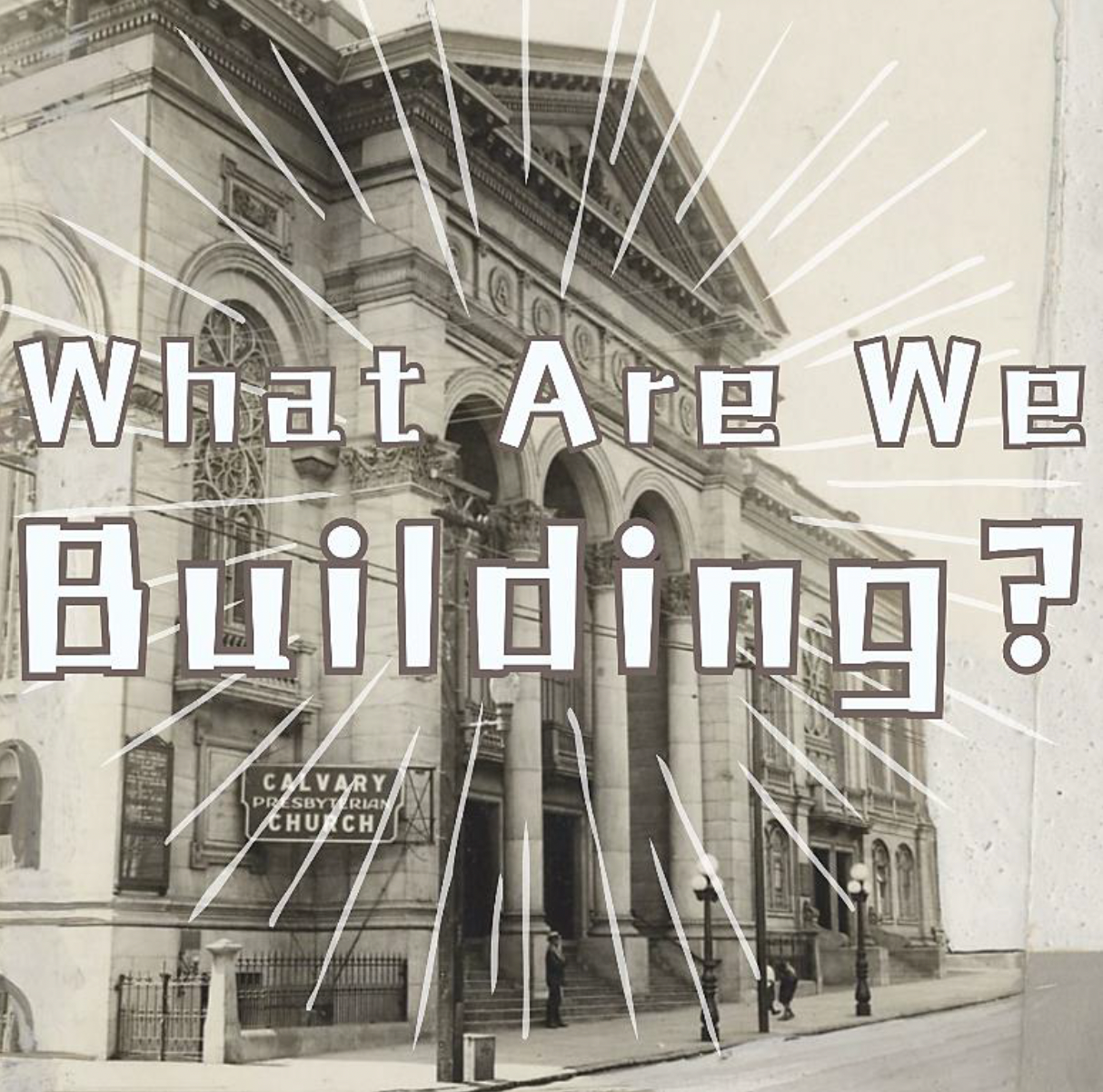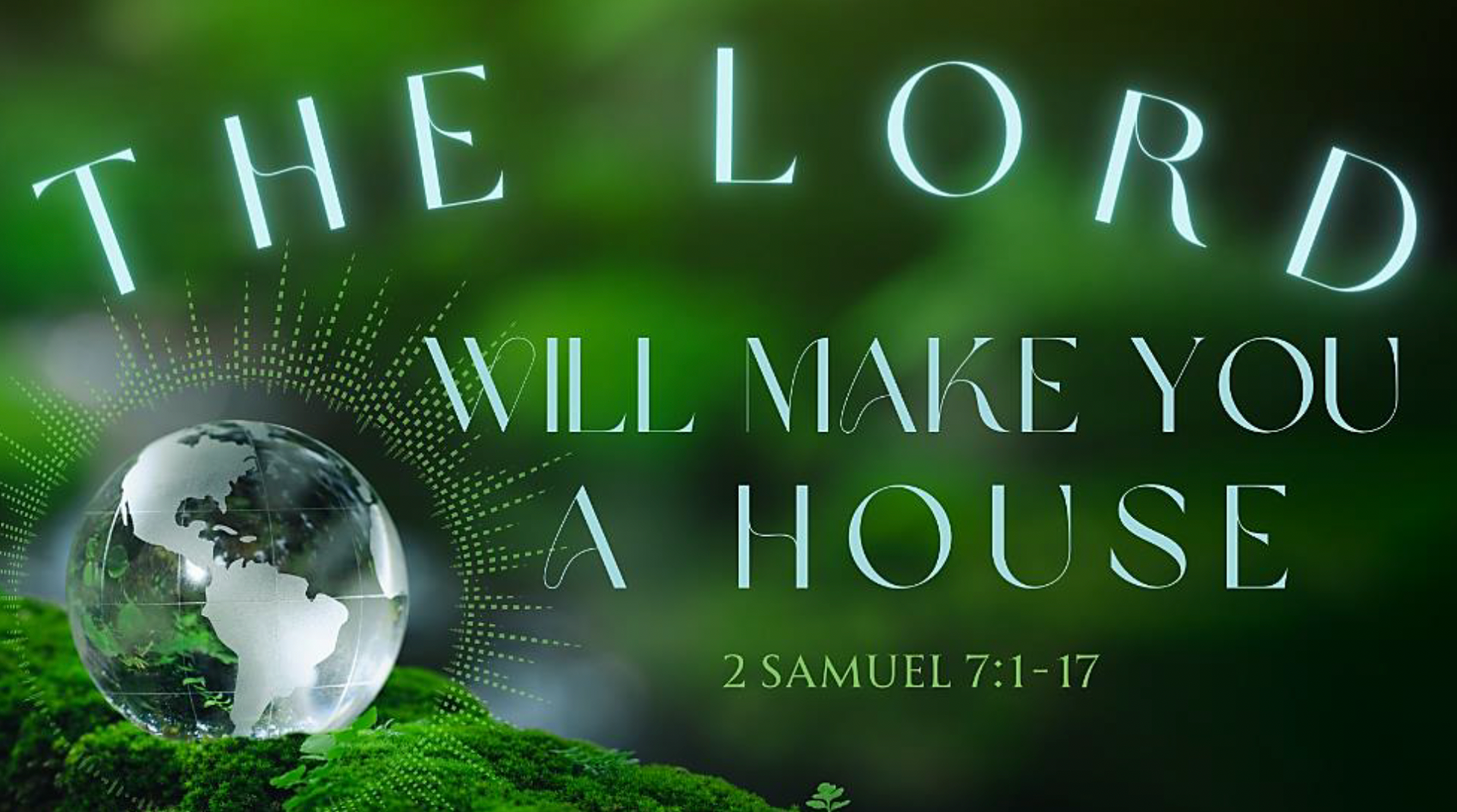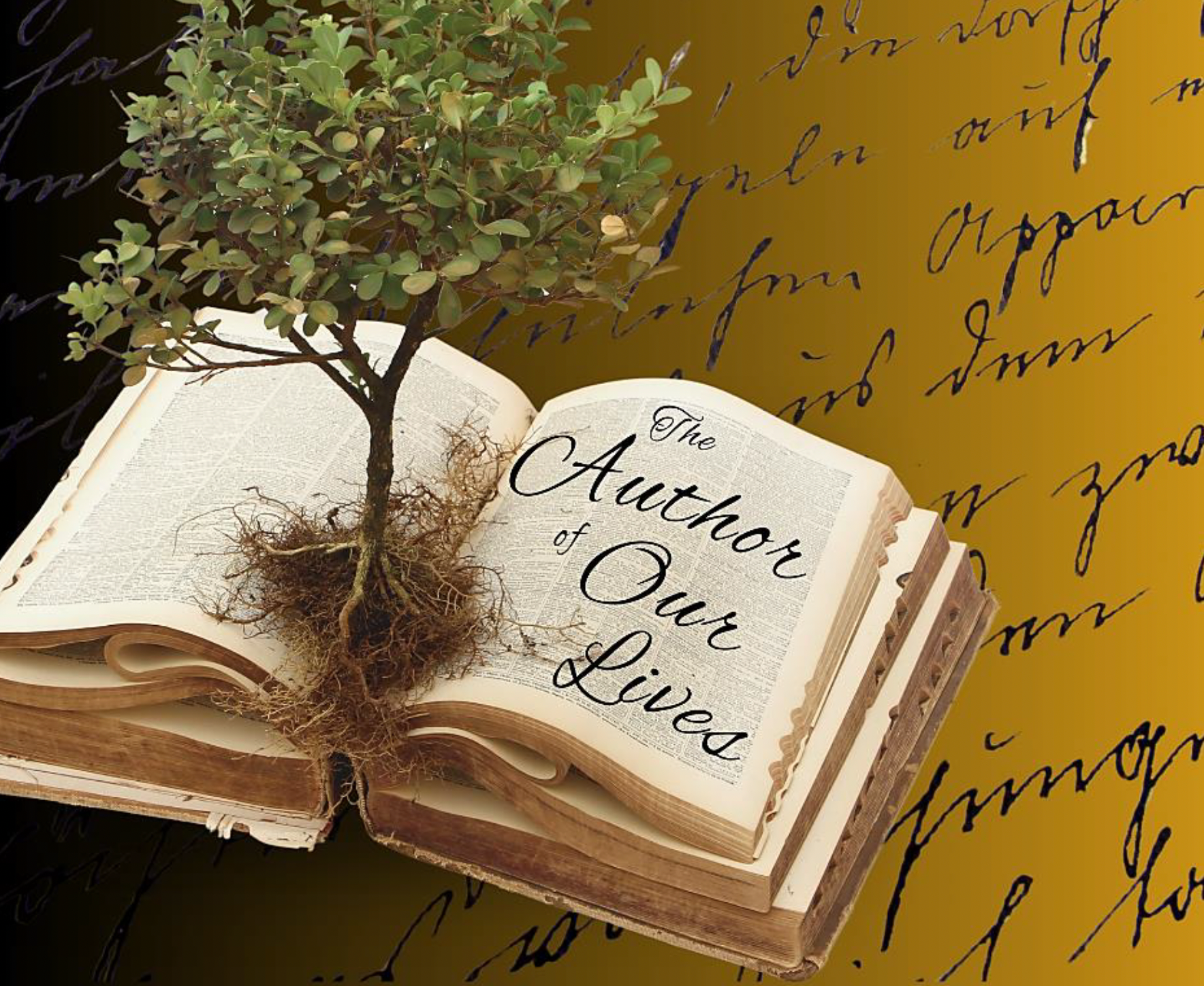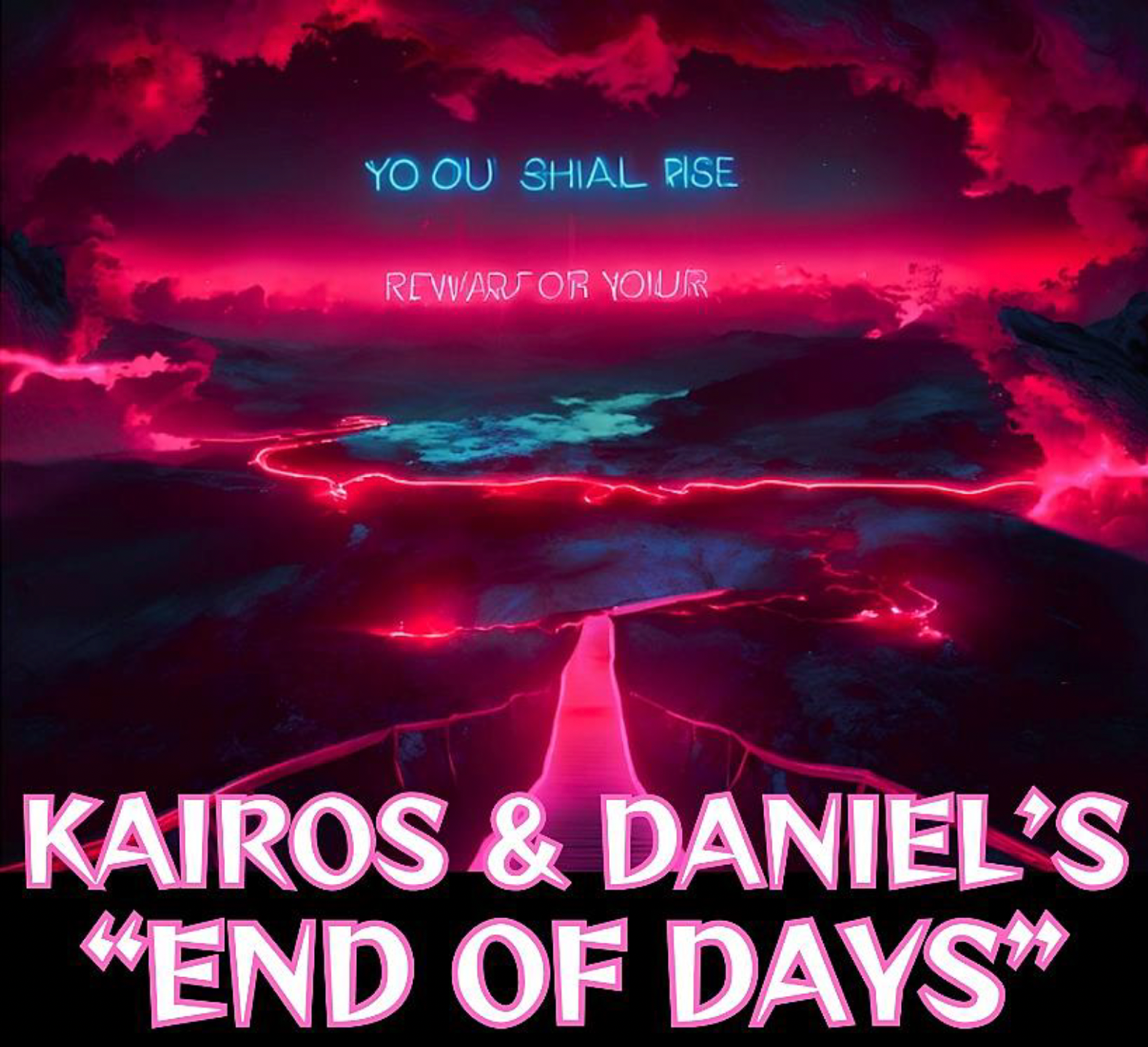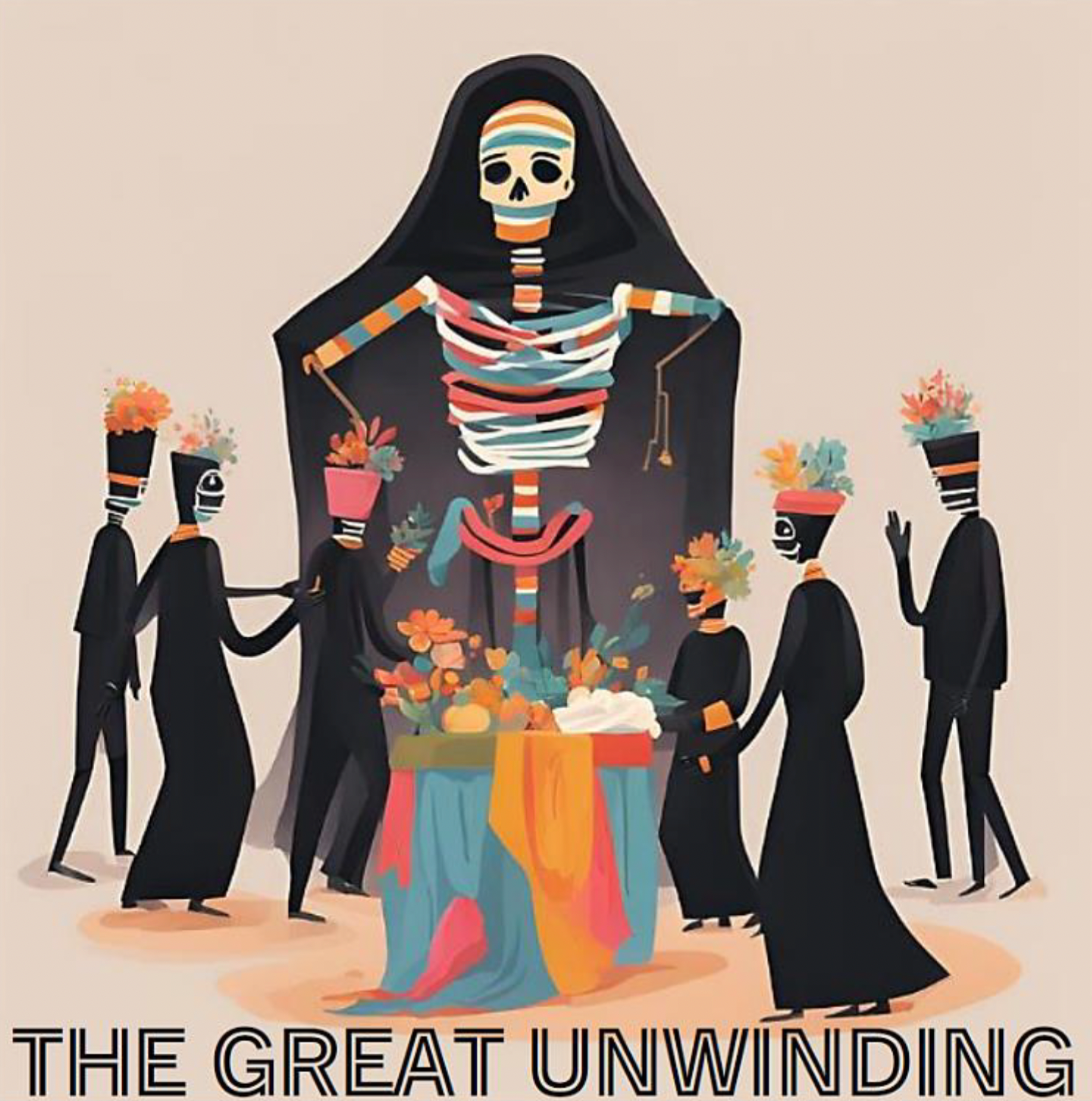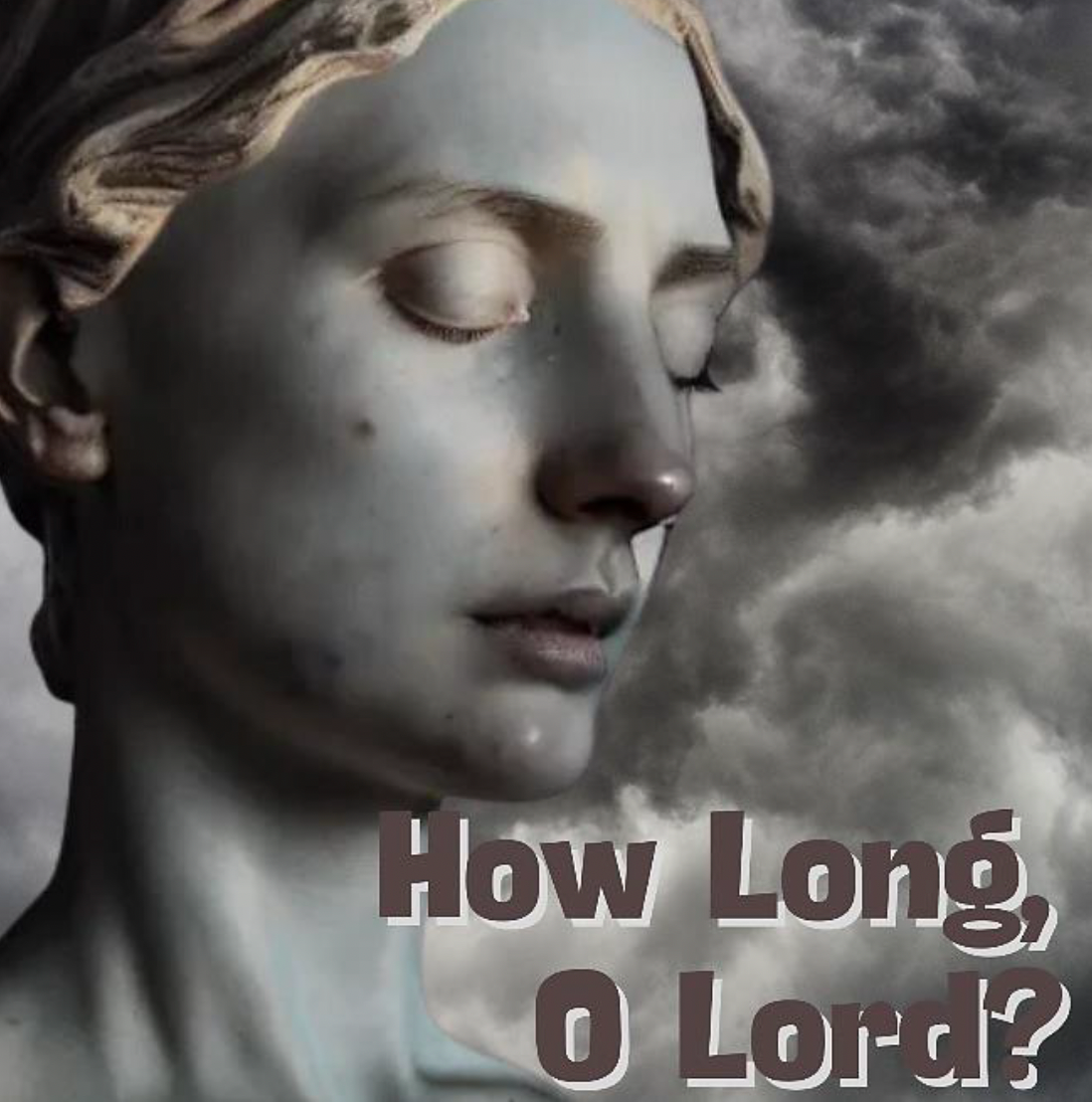Sermons & Bulletins
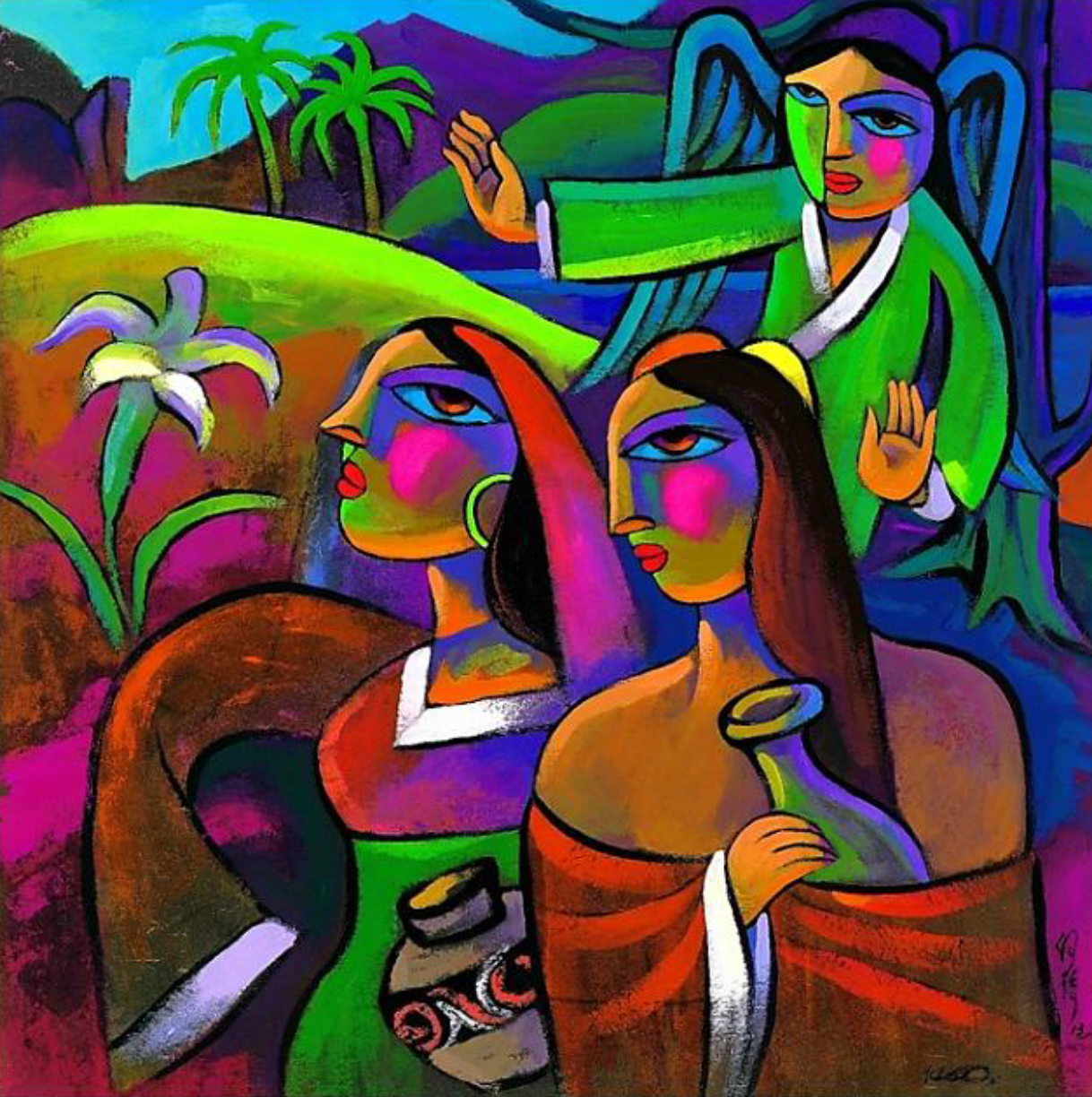
At the start of Lent, the children 'buried' an alleluia in worship. We put the word away during a season. On Easter, we bring it back.
On the first Easter morning, the women went to the tomb, assuming their alleluias were going to stay buried forever. Their rabbi was dead. Their hopes and dreams, buried with him.
An encounter with the angels in the empty tomb makes them reconsider what they thought they knew of death, of endings.
Maybe you've buried a lot of your hopes and dreams recently too. What might the Easter story have to say to us anew this year?
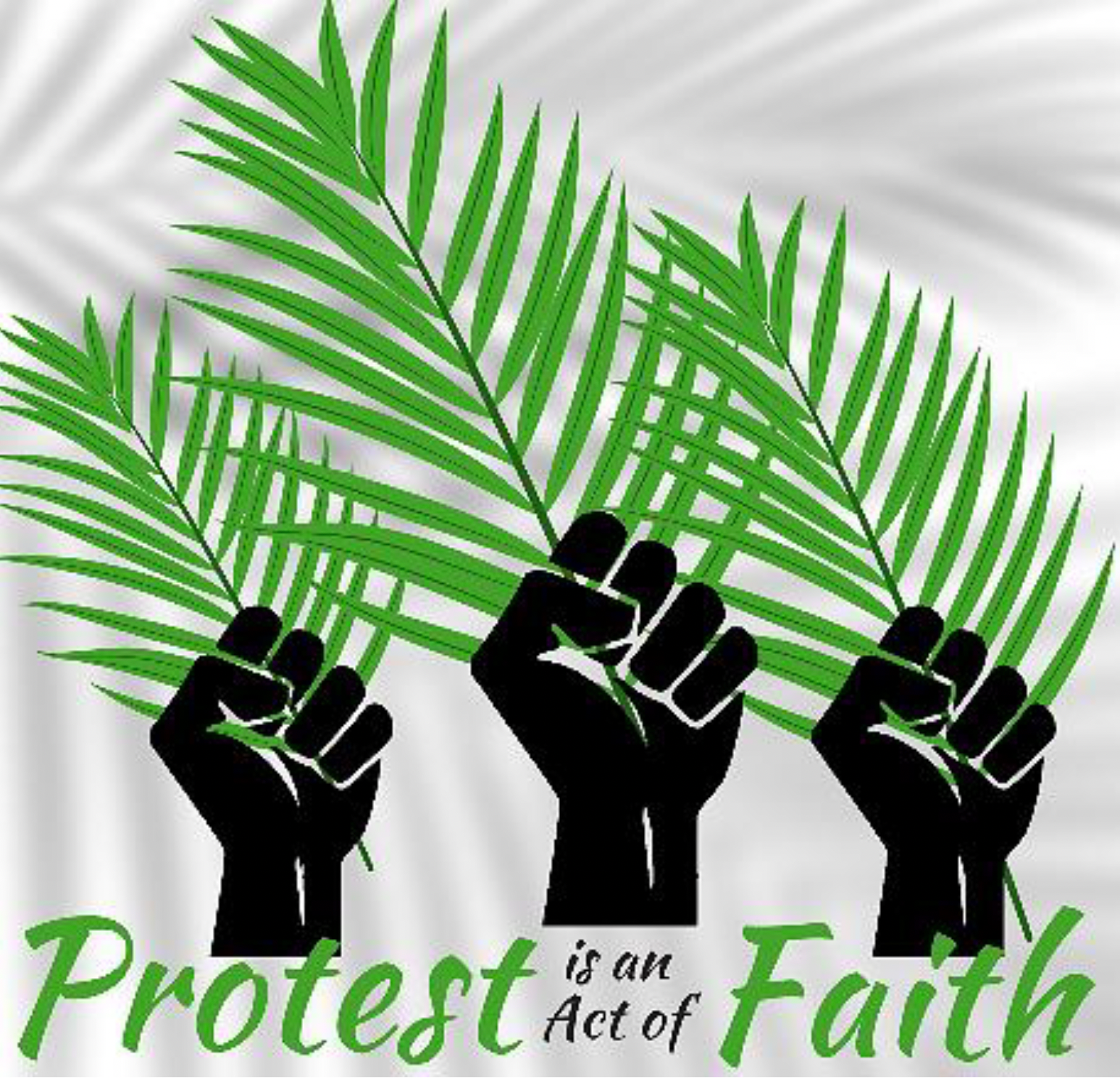
As Jesus enters Jerusalem, he is greeted by raucous crowds. It is a celebration of him. It is also a counter protest to Rome. The crowds have gathered and are crying out "hosanna", which means "save us".
Save us from injustice. Save us from cruelty. Save us from crushing poverty.
Jesus does not silence the crowds. And he responds to their cries by weeping over Jerusalem and by turning over tables in the Temple.
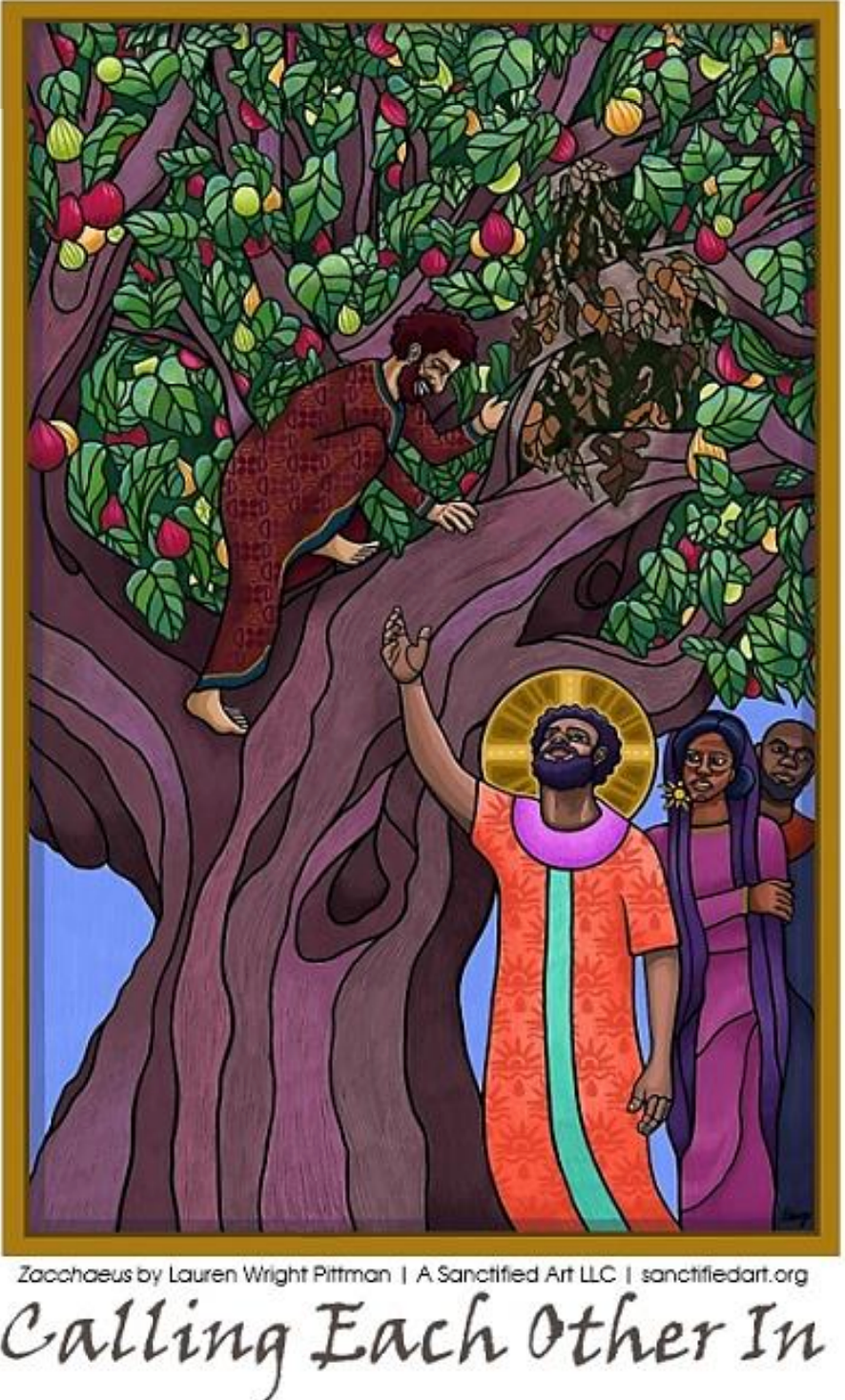
It is easy these days to say who we are against. Maybe it has always been easy to do so.
What is harder is to create space for people to change their minds, change their views, change their behavior.
As Jesus approaches Jerusalem, he stops in Jericho and accepts an invitation to eat at the home of someone who society wanted to cancel.
How can the story of Zacchaeus help us give space for each other?
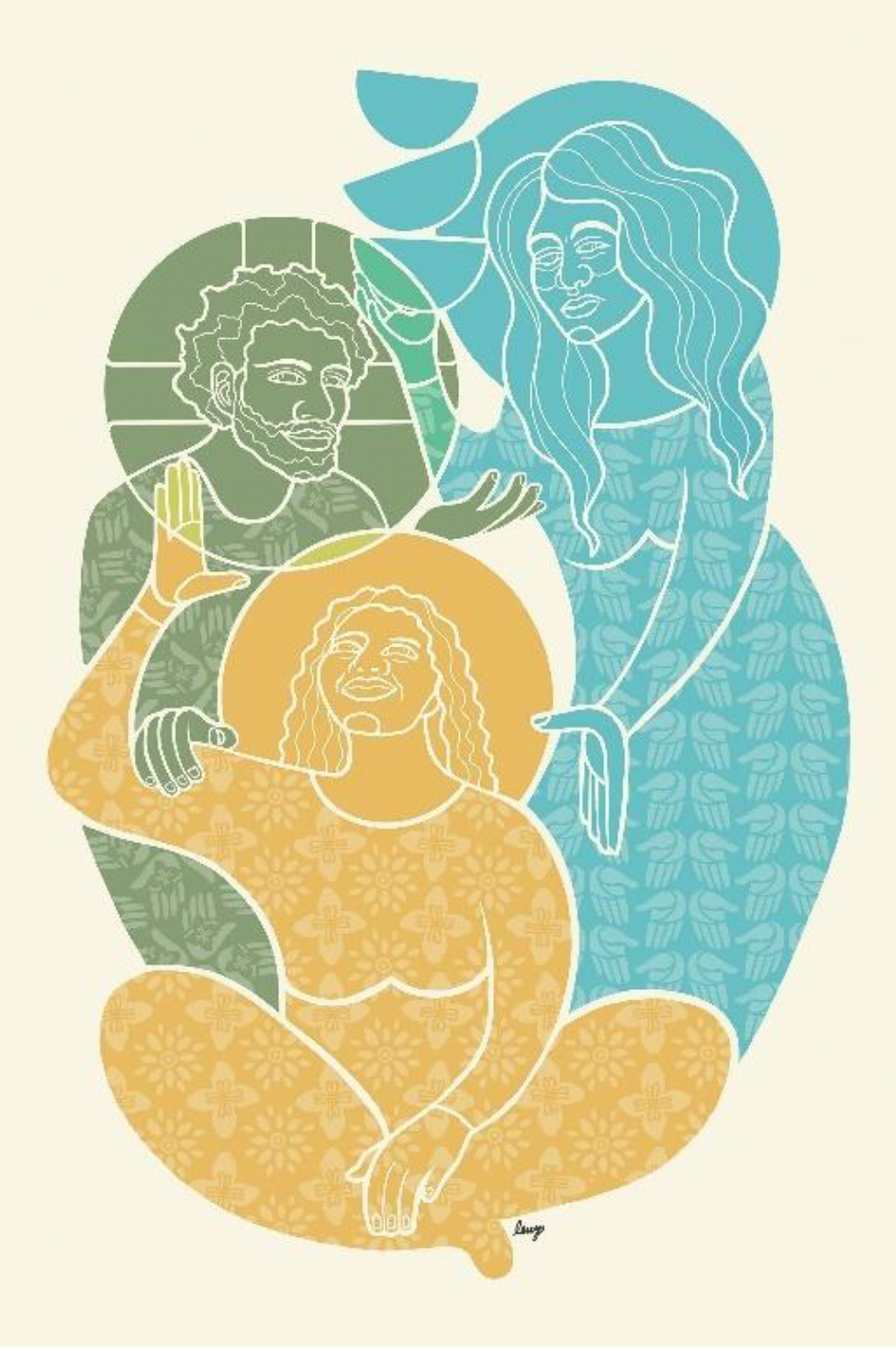
The story of Mary and Martha is often painted as a story where one does right and one does wrong. We know, however, that life is often more complicated than that.
We know that faith is embodied through being present and taking action—and everything in between. Join us on this second Sunday in Lent as we consider, how can we live along the spectrum of faith and works.
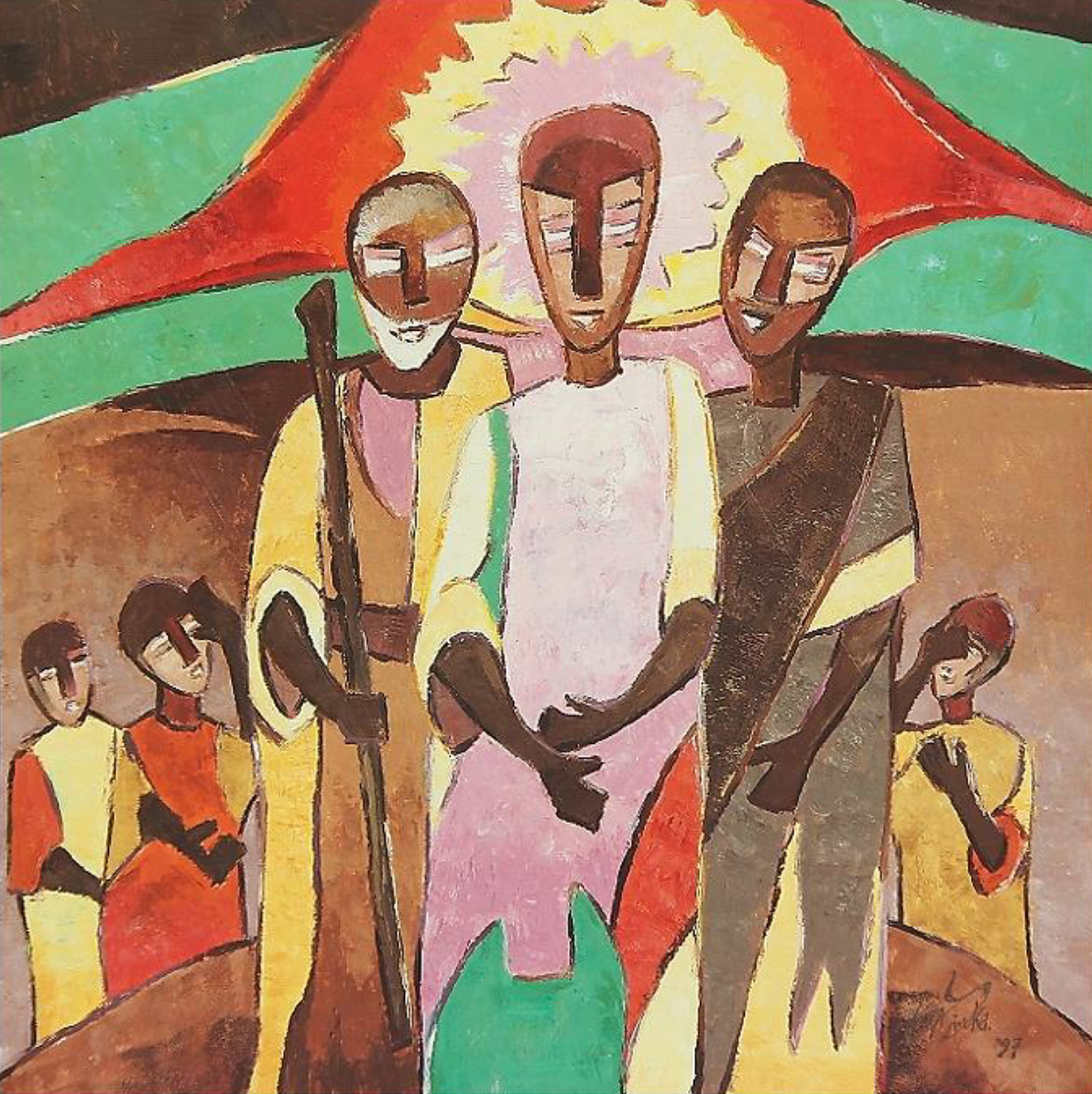
Stay woke! Or we might miss the glory of God (at least according to Luke's gospel). The Gospels of Matthew, Mark, and Luke all record the story of Jesus's transfiguration on the mountaintop. But only Luke records that the disciples witnessed this amazing transformation because they had stayed awake. In a time when we are tired and overwhelmed with exhausting news, how can we stay awake to witness what God is doing in the world and in our lives?
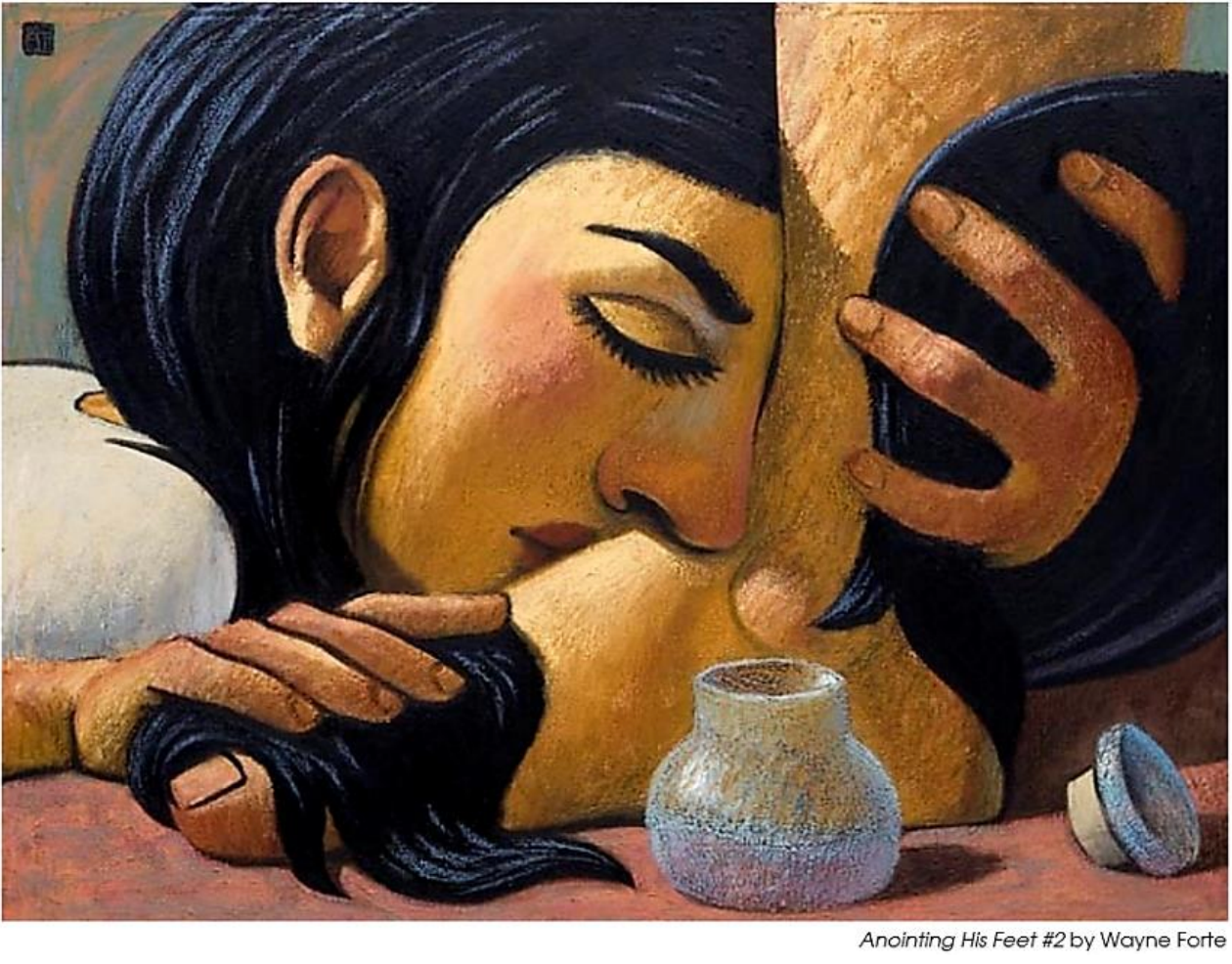
In today's story, a woman washes Jesus' feet with her tears, drying them with her hair. It's an intimate scene. An emotional scene. A costly scene. And it makes the rest of the guests uncomfortable.
We don't know her story, but we see her response to Jesus. How do we respond to grace, forgiveness, and second chances? Do we welcome second chances for others or just for ourselves?
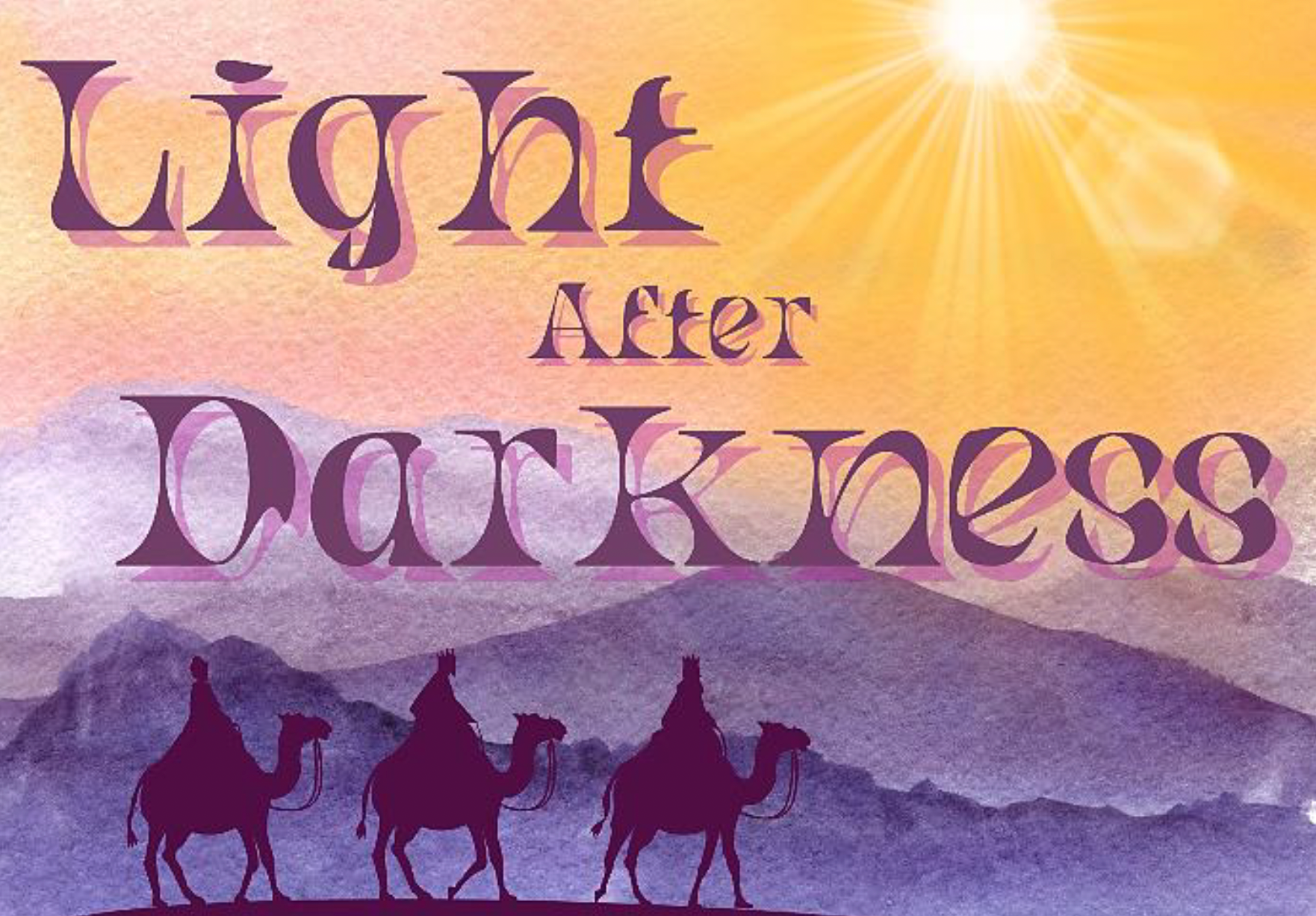
When it is dark outside, your eyes adjust to the dark and shadows, even if you can't see quite as well as you would by day. But if someone shines a bright light at you when you're used to the dark, it takes a while to adjust to the light.
What was it like for people to adjust to the light of the world after growing accustomed to the shadows? Join us as we celebrate Epiphany, which is the day the church marks the arrival of the magi to see Jesus. On this day, we’ll receive our star words in worship when we come forward for communion. Each star has a word written on it that can be a prayer prompt for you in the coming year. Start the new year with Epiphany at Calvary.
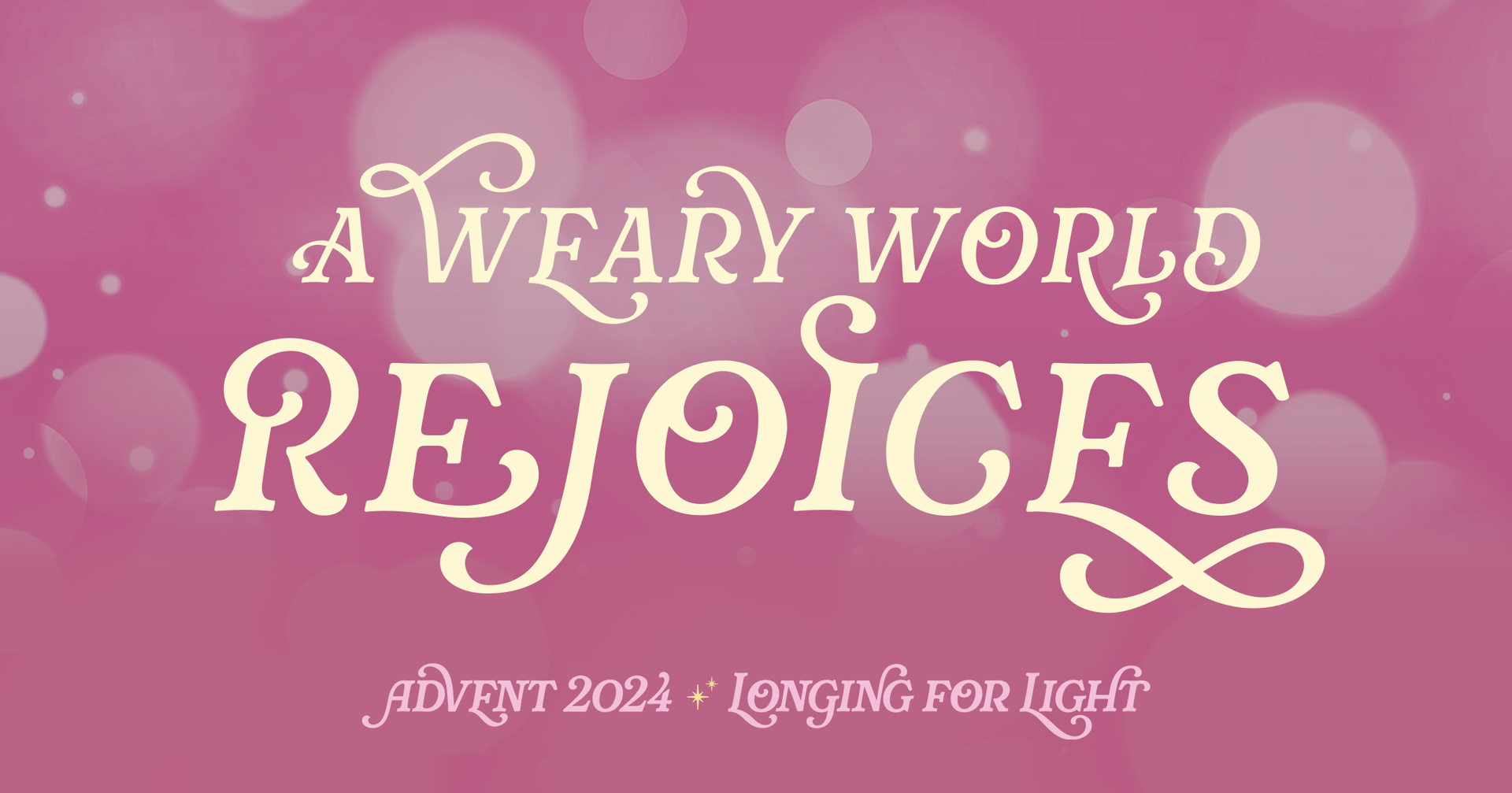
Our theme for this Advent season is “Longing for Light.” We long for light because we are weary and tired of the long nights and brutally short days. So how does a weary world rejoice? Can we experience joy in the midst of all that is happening in the world and in our lives? The poet Toi Derricotte writes, “Joy is an act of resistance.” So joy is not frivolous; it is necessary. Let us find joy together in community as we await the birth of Christ.
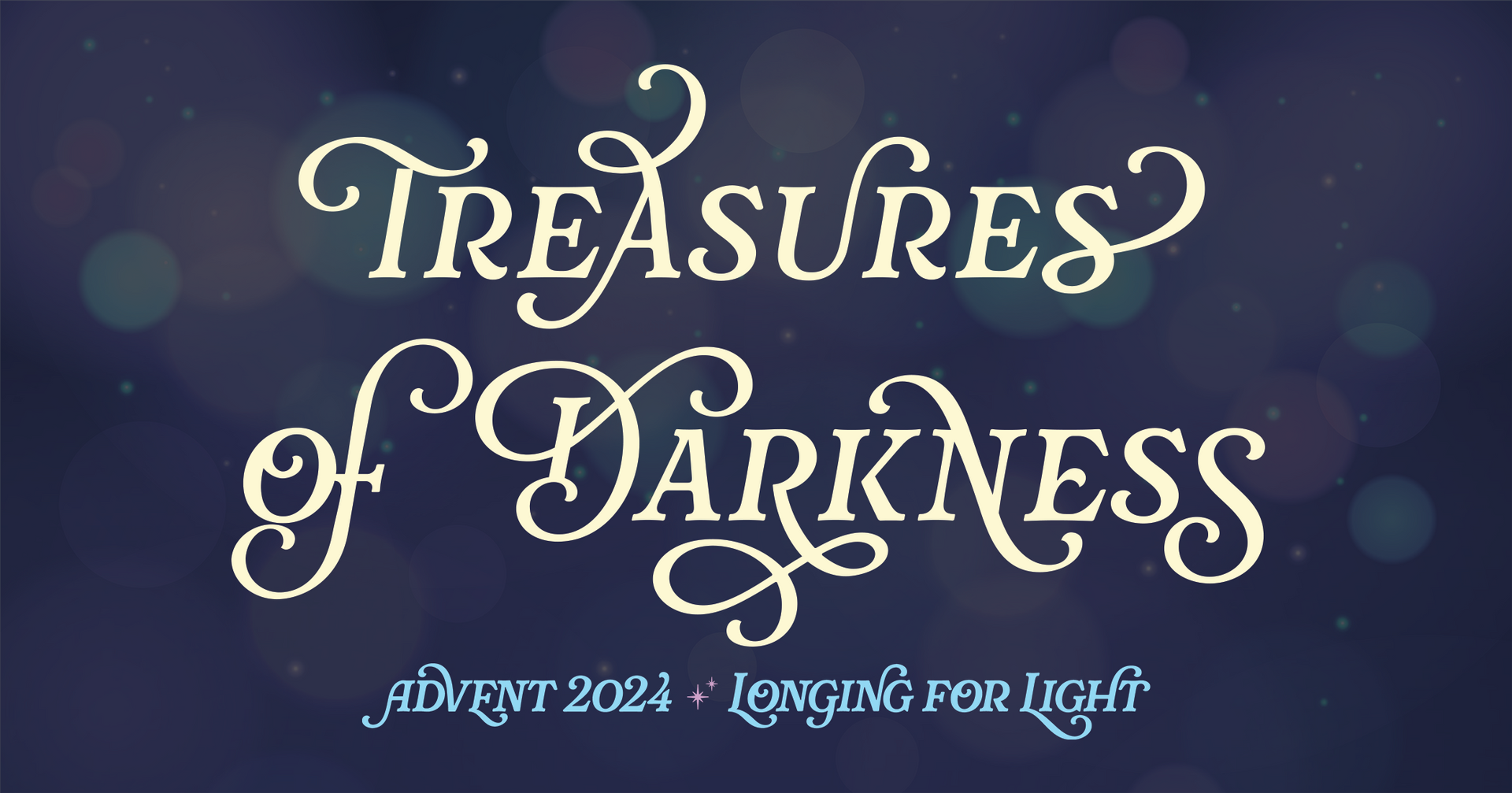
In our culture, the 'good guy' rides the white horse, not the dark horse. We often equate darkness with evil or sin, and we see it play out in devastating ways when white skinned people are praised and dark skinned people are feared. And while there is lots of scriptural imagery about the power and goodness of light, there are also references to the gifts of darkness. While we long for light, let us look at the 'treasures of darkness' as Isaiah says.
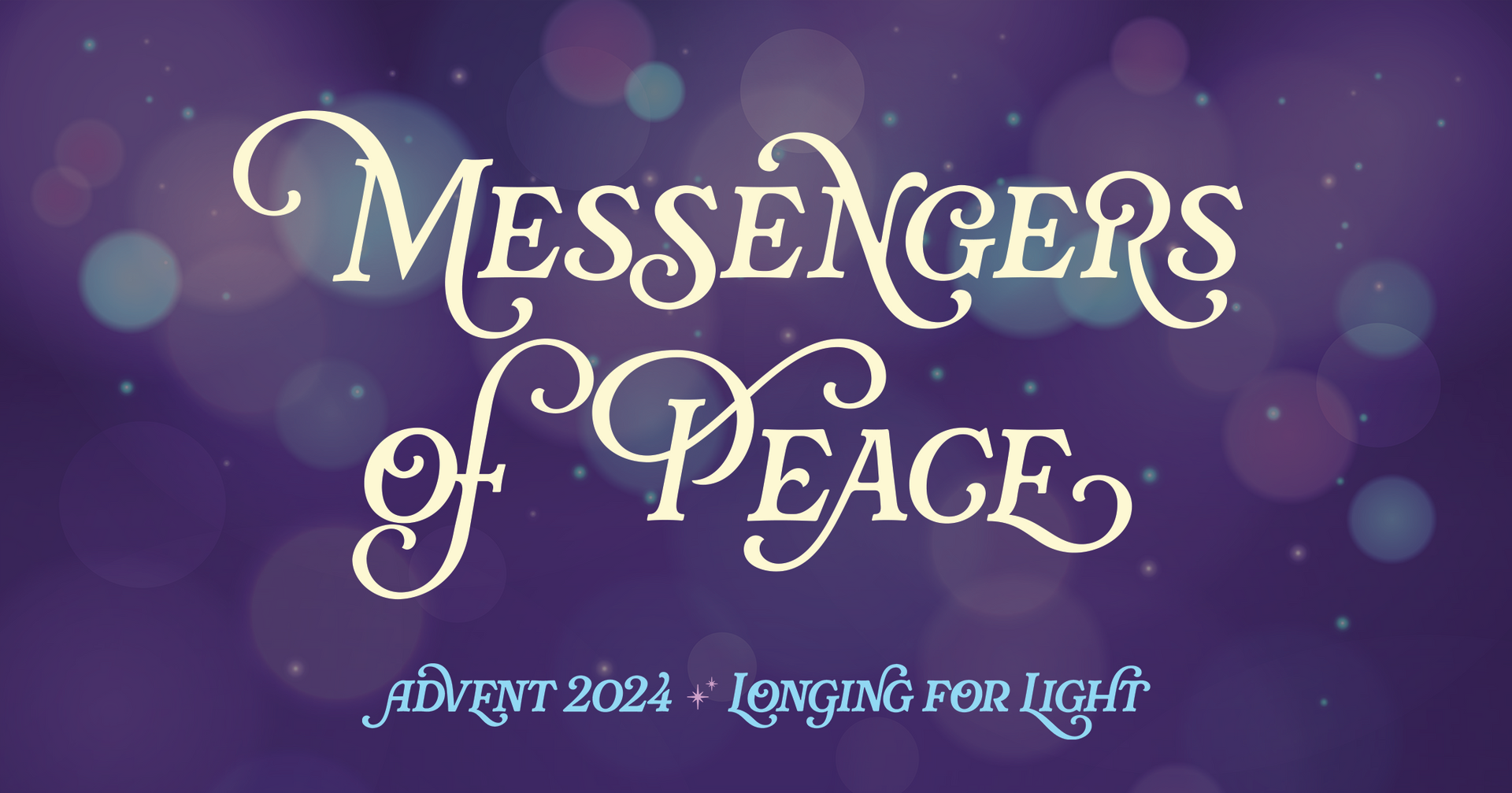
Our Advent theme is "Longing for light". The days are shorter, so we do miss actual sunlight at this time of the year. But the world seems darker, in metaphorical ways, too. The first Sunday of Advent we light a candle of peace, and we consider our call to be messengers of peace to a world that traffics in discord.
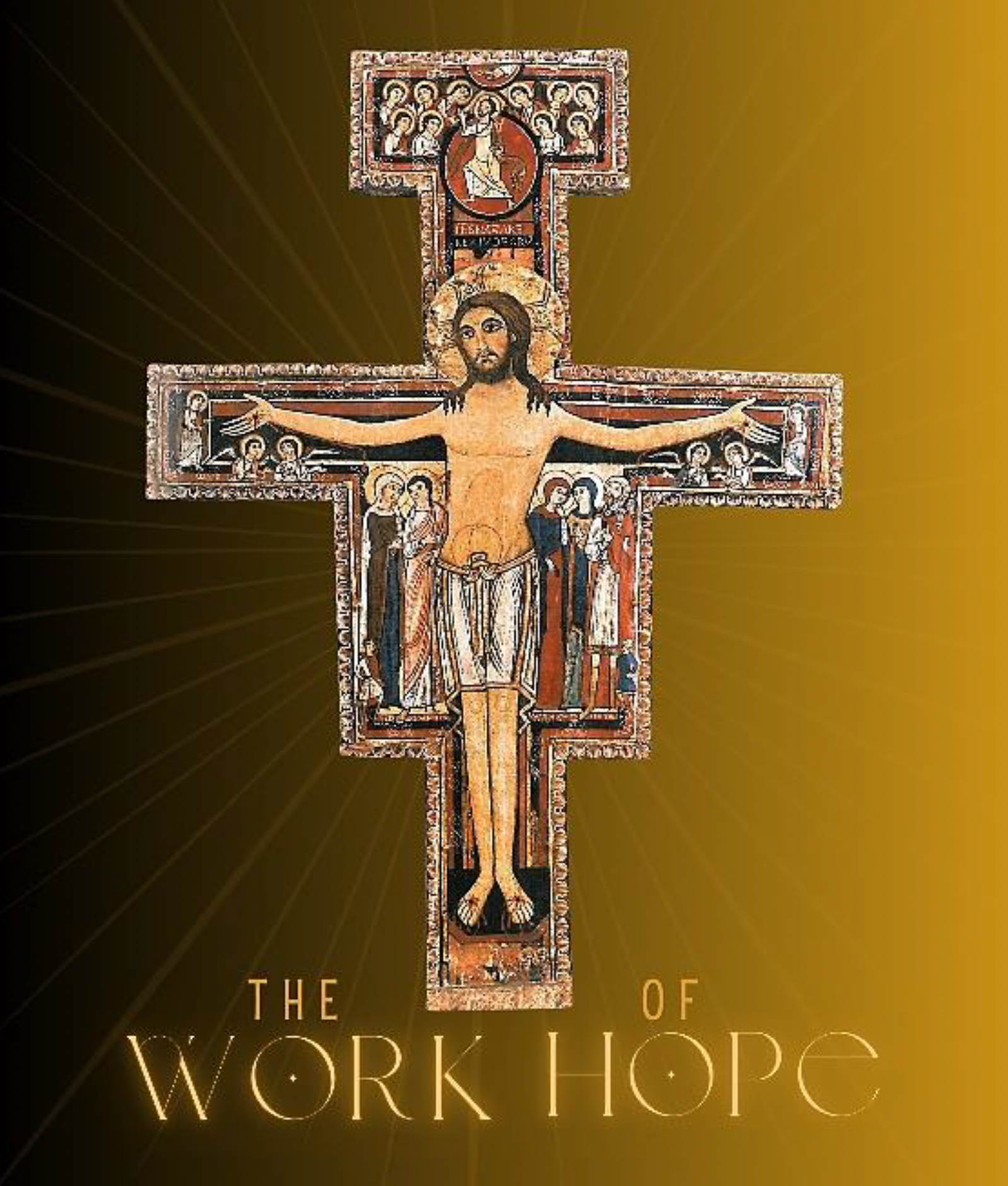
Scripture Isaiah 6 In the year that King Uzziah died, I saw the Lord sitting on a throne, high and lofty; and the hem of his robe filled the temple. Seraphs were in attendance above him; each had six wings: with two they covered their faces, and with two they covered their feet, and with two they flew. And one called to another and said: ‘Holy, holy, holy is the Lord of hosts; the whole earth is full of his glory.’ The pivots on the thresholds shook at the voices of those who called, and the house filled with smoke. And I said: ‘Woe is me! I am lost, for I am a man of unclean lips, and I live among a people of unclean lips; yet my eyes have seen the King, the Lord of hosts!” Then one of the seraphs flew to me, holding a live coal that had been taken from the altar with a pair of tongs. The seraph touched my mouth with it and said: ‘Now that this has touched your lips, your guilt has departed and your sin is blotted out. ’ Then I heard the voice of the Lord saying, ‘Whom shall I send, and who will go for us?’ And I said, ‘Here am I; send me!’ (Continued in the sermon...) Sermon Reign of Christ Sunday [1] Does History Repeat Itself (All Over Again)? Uzziah was one in the handful of good kings. King Uzziah, like King David, lived under the law of Torah, [2] a king who chose faithfulness. The four "good kings” came from the southern kingdom of Judah. As a Southerner, let me point out that not a one of those northern yankee kings were worth a plug nickel. [3] After 52 years of his relatively prosperous and peaceful reign, King Uzziah’s death set an already-divided nation on the road to catastrophe. Prophesying trouble ahead, Isaiah, the son of Amoz, began writing an astonishing testimony that shapes our world to this day. As soon as Uzziah died, Team Corruption took over. They made shady deals with enemy armies. They deported whole categories of people from Judah to Samaria. Into God’s Presence Notice the first verse. It happened in the year the unravelling began. Isaiah’s vision of God, in the Temple, sporting a skirt so elaborate Isaiah had to step around it or maybe stand on it—a train that fills a Temple. And in one sentence, we leave the physical world to step into the presence of all that is holy. God’s seraphs are fiery flying creatures, Scholar Robert Alter warns that the Hebrew here implies the seraphs could be flying snake-angels. Each seraphs has three sets of wings, hovering above God, like three-propellered drones. Cool and awful. A Controlled Burn Isaiah hears them singing sanctus, sanctus—holy, holy, holy is the Lord of armies. Then Isaiah’s meltdown, “Woe is me! I am lost….” More like, “I can’t even with all this!” ‘I’m not worthy of this, and my people are just as bad, but now I stand in the presence of God.’ Then, the flying snake [4] angels, still on fire mind you, choose the perfect piece of coal, one that will burn away all of Isaiah’s self-doubt and sin. A purifying. In Alexander Pushkin’s poem [5] on this passage, the seraph rips out the prophet’s heart and grinds in the burning coal to replace it. [6] Isaiah’s vision is sacred and brutal. Can we find value in pain? Blessings in horrific situations? Hearing God’s call, like Isaiah, always involves some kind of discomfort. The apocryphal book of Ecclesiasticus [7] warn us that if we aspire to serve God, prepare for an ordeal. [8] Then Isaiah replies to the Divine, “Here I am, send me.” or “Behold me and send me.” Behold, you’re getting all of my talent and all of my shortcomings, my faith and my misgivings. You behold me, God. What you behold is what you get. Our Narrative Lectionary [9] says we should stop here—at “here I am, pick me”—but that’s too easy an ending. Renewing my personal commitment to do everything the hard way, let’s continue and discover more about God’s call to Isaiah. Isaiah 6 (continued). And he said, ‘Go and say to this people: “Keep listening, but do not comprehend; keep looking, but do not understand.” Make the mind of this people dull, and stop their ears, and shut their eyes, so that they may not look with their eyes, and listen with their ears, and comprehend with their minds, and turn and be healed. ’ Then I said, ‘How long, O Lord? ’And he said: ‘Until cities lie waste without inhabitant, and houses without people, and the land is utterly desolate; until the Lord sends everyone far away, and vast is the emptiness in the midst of the land. Even if a tenth part remains in it, it will be burned again, like a terebinth (tree) or an oak whose stump remains standing when it is felled.’ The holy seed is its stump. Faith the Nation God wants the nation to repent, or be purified (by fire). The stump, the fire and the desolation are metaphors that offer God’s people a clean slate, opportunities for God to do a new thing—in other words, there is hope amidst catastrophe. Through faith, we can see hope even in a stump ! I got a little “stumped” by this passage. So, I called on my friend, Cantor Sharon Bernstein at Congregation Sha’ar Zahav. She says: For me, it comes down to the meaning of [verses] 9 and 10. Are the people being externally prevented from seeing, hearing, and understanding? Or are these verses reflecting a reality in which people are…unable to see, hear, and understand, and that they must overcome their own blocks towards returning to God? [10] Brilliant questions. What is blocking the nation from returning to God? You Gotta Have Heart Roger Nishioka tells the story of his Jewish friend who greets him saying, “I’ve been thinking about you” while pointing to her heart. Try that. The word lev is the seat of the intellect. [11] Verse 10 means “Make the heart of this people heavy.” Fatten them up on God’s truth—a good image for Thanksgiving. You can feed them my spiritual food, but they won’t eat it, says God.They will look and not see. Hear and not listen. They have chosen—or something has made—their hearts impervious to God. I recently read a Quaker minister’s description of a particular politician that went something like, “I know he’s a child of God, but he hides it so masterfully!” The same could be said for Uzziah’s successors, Ahaz in Judah, and Pekah in the north. Hard-hearted, little Grinch hearts, in need of God’s nourishment. Defiant and willful. Their hope is in themselves, Isaiah writes in chapter 5. No wonder they’re mean and vulgar and reckless. Hope & Memory Hope is a hard sell to a people drunk [12] on power. They think they’re heroes. They are self-congratulatory. Their group-vengeance “buzz” blocks them from caring about the rights of others or the rules others live by. They are the leaders, writes queer Bible commentator Timothy Koch, who “incite a crowd to protest in places where abortions are performed, [or] to break the windows of Jewish [or Muslim] businesses” [13] and then disavow responsibility. These are the same kind of leaders who are going to ban the highest-ranking transgender person ever elected by the people of this country from using the bathroom in the United States capitol. [14] Later on, when their followers kill and bomb, they will avoid the cameras or act surprised. You can tell them, says God, but they won’t listen. Show them, but they continue to choose not to see. They are proud of overcoming the inconveniences of right and wrong. [15] All of this has happened before. Isaiah “names ancient…strategies of manipulation and control that are in evidence today, tactics frequently employed by those in religious and/or governmental power.” [16] But Isaiah, like Harvey Milk, knew, “You gotta give em hope.” So many of you have come to me hopeless in the past week. Thank you for trusting me with your hopelessness. You got me to thinking, what is hope anyway? First, hope is not insane optimism in the face of abject evil. Hope is not our well-meaning friends cheering us up when we’re down. Joan Chittister writes that hope is not made of denial. Hope is made of memory. [17] Isaiah’s memories— they’re in the book—show us how God’s people made it through the Assyrian mess, the Babylonian Exile, all kinds of troubles. In Chapter 8, we see that they made it through conspiracy theories. Hope is alive in the memory of our ancestors. We honor them with our perseverance and our choice: hope. Our leaders have promised us [18] that the coming years will not be easy. Please make sure you have learned all of the assigned material—prophecy and gospel, Psalm and epistle—because it will all be on the test. “Hope” by Jason Robert Brown: I come to sing a song about hope. I’m not inspired much today, but even so, I came out here to sing a song So here I go. I guess I think that if I tinker long enough One might appear, And look! It’s here. One verse is done. The work’s begun. I come to sing a song about hope In spite of everything ridiculous and sad Though I’m beyond belief depressed, confused and mad. Well—I got dressed. I underestimated how much that would take. I didn’t break, until right now. I sing of hope—and don’t know how. So maybe I could substitute “strength” Because I’m strong, I’m strong enough. I got through lots of things I didn’t think I could, And so did you. I know that’s true. And so we sing a song about hope, Though we can’t guarantee there’s something real behind it. We have to try to show our daughters we can find it. And so today—when life is crazy and impossible to bear— It must be there. Fear never wins. That’s what I hope. See, I said “hope.” The work begins. About The Bulletin Cover (San Damiano Cross, image) Recently, I participated in an amazing queer [19] clergy retreat, walking in the footsteps Saints Francis and Clare of Assisi… in Assisi… Italy! How blessed am I. The cross on today’s bulletin cover (pictured above [20] in this printed sermon) was created anonymously, around a thousand years ago. This San Damiano Cross is the icon Francis would wrestle with, all Saturday-night long, preparing for Sunday morning worship. Icons are neither drawn nor painted; icons are written testaments . This icon is called The Book of the Cross, a medieval roadmap for a faithful journey. Locate the shells. They remind us that this life as a pilgrimage. See them? They form the cross’s border. See how the border is left open. So, at the foot of the cross, here is where we enter—in darkness—the dark of a cave, the place of no foreseeable future, or a blank slate, or the dark of the womb, where we anticipate new life. This darkness is essential place, where we walk by faith and not by sight, a darkness where hope isn’t obvious. Here, we must trust. Let God be God. This is terrifying for us control freaks and people who fear change. Come on in to this holy darkness. We’ll be together. Before this cross reading ends, look at his face. That is not a suffering face. It that peace? Perhaps a little hope? Christ’s suffering is accomplished, and a new life is begun. He is looking for you, believing in your potential. The Sprit of the Lord is upon him, and he commands us: to bring good news to the poor, to bind up the brokenhearted, to proclaim freedom to prisoners, to proclaim the year of the Lord’s favor, and the day of vengeance of our God, to comfort all who mourn… [21] [1] See my beginner’s guide to the San Damiano Cross “The Book of the Cross” (graphic) at the end of this sermon. [2] Uzziah's disobedience to the law might have brought on his demise. He contracted leprosy after violating the separation of priestly/kingly powers. [3] I mean this as folksy Bible nerd humor. Some of my best friends are yankees. [4] Sweet dreams! And remember, sometimes a flying snake is just a flying snake. [5] A. Pushkin’s 1826 poem “The Prophet” < https://max.mmlc.northwestern.edu/mdenner/Demo/texts/prophet.htm> [6] Robert Alter, The Hebrew Bible: A Translation with Commentary, Volume 2: The Prophets, (New York: W. W. Norton & Company, 2019), 641. [7] Ecclesiasticus, aka Sirach, 2:1 < https://www.biblegateway.com/passage/?search=Sirach 2&version=NRSVUE> [8] This rooster symbolizes the trials of following Jesus in The Book of the Cross (San Damiano Cross). The rooster is almost hidden, hard to make out, but it lives in the right-side border, near Jesus’ feet. It symbolizes not only the begging of God’s “new thing” but, also as the denial and sabotage experienced by the burgeoning Jesus Movement (“the cock crows three times”). This can help to put troubling times and, more specifically, the promised sabotage of our way of life, into a larger perspective. Think of all we’ve been through, all that Jesus went through. We’ve got this. [9] What is the Narrative Lectionary? < https://www.workingpreacher.org/narrative-faq> We are currently following the Narrative Lectionary at Calvary. [10] A quote from Cantor Sharon Bernstein’s very insightful written response. [11] Also from Cantor Bernstein. . [12] See Isaiah, chapter 5. [13] Timothy Koch in The Queer Bible Commentary 2nd Edition (London: SCM Press, 202 [14] I can’t even.. < https://gomag.com/article/trans-congresswoman-sarah-mcbride-is-banned-from-capitol-hill-bathroom-and-shes-not-fighting-it/> [15] Read Isaiah, chapter 5. [16] Koch, Queer Bible Commentary, 347. [17] Joan Chittister “Hope Is Not For Easy Times” [18] Tucker Carlson’s MSG speech < https://singjupost.com/full-transcript-tucker-carlson-speaks-at-msg-trump-rally/> [19] Although some served in alternative contexts, like me, most of the participants were from my denomination of ordination, the Metropolitan Community Churches, the original interfaith movement of religious equality. < https://insidemcc.org/about-mcc/mcc-history/> [20] San Damiano Cross (“The Book of the Cross”) [21] Isaiah 61, alt. by the preacher
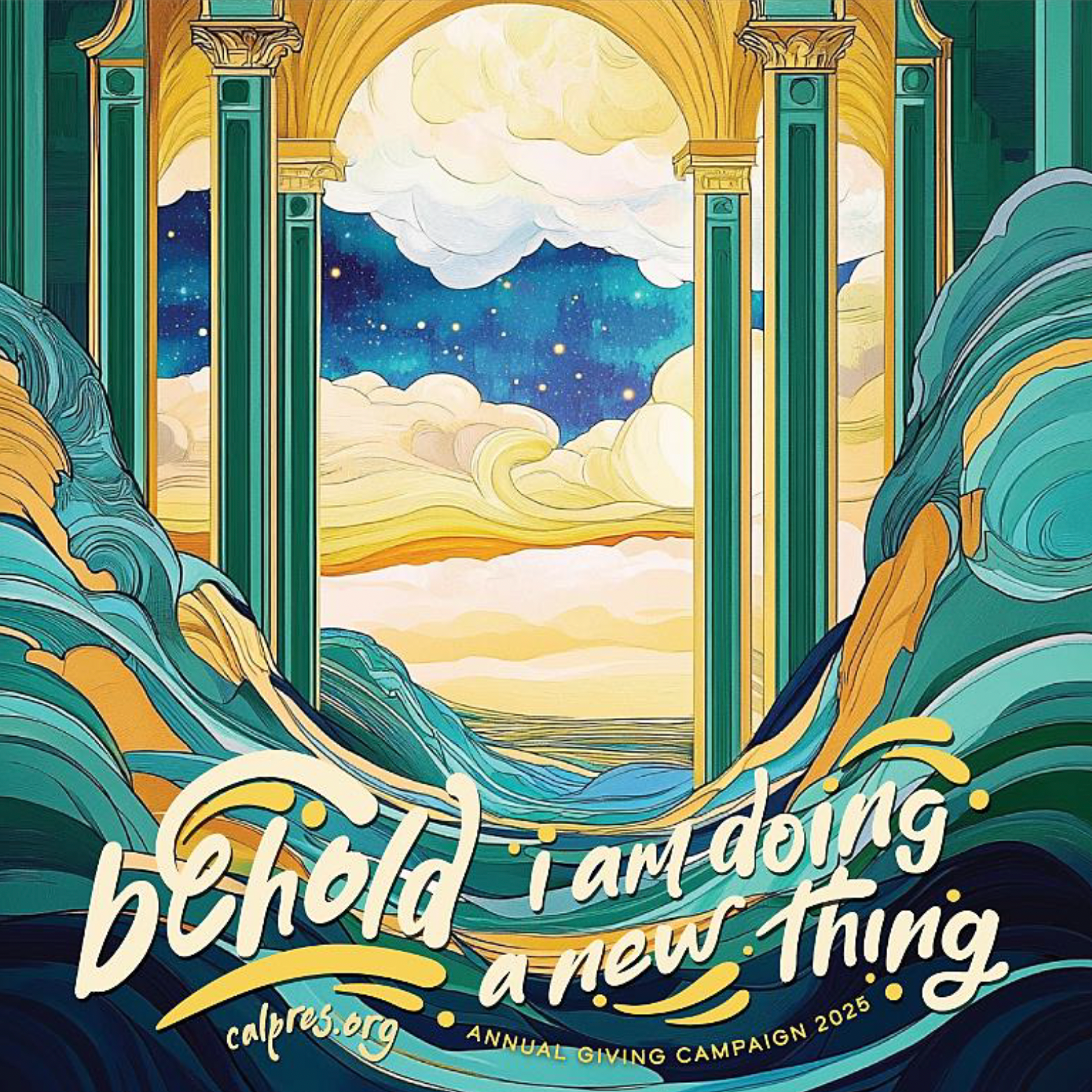
The prophet Isaiah tells his people that God is about to do a new thing. He asks if they can perceive it. But his people are in exile in a foreign country and the 'new' things they've experienced have been terrible.
When God promises a new thing, it is good news, and it is not something we could dream up on our own. As we live our lives, do we hear Isaiah asking us if we can perceive God's new thing?
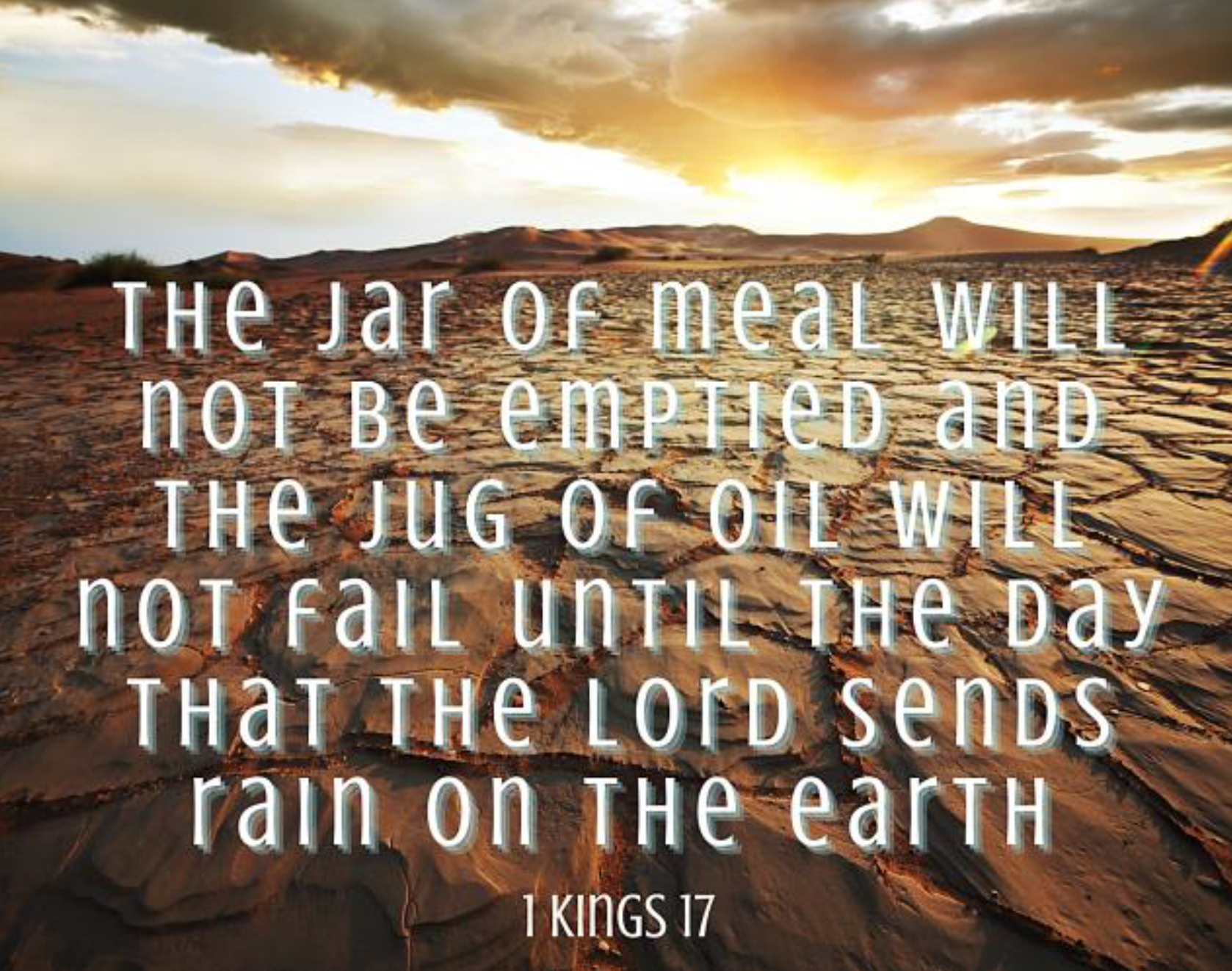
In the story of Elijah, he delivers a word from the Lord that is not good news. The punishment for the evil of King Ahab is that a drought will come upon the land.
Where do we think God is when we hear news of droughts, famines, earthquakes and other disasters? We understand how the weather forms differently than Elijah and his people did. Is there still a word for us from the Lord in stories like this?
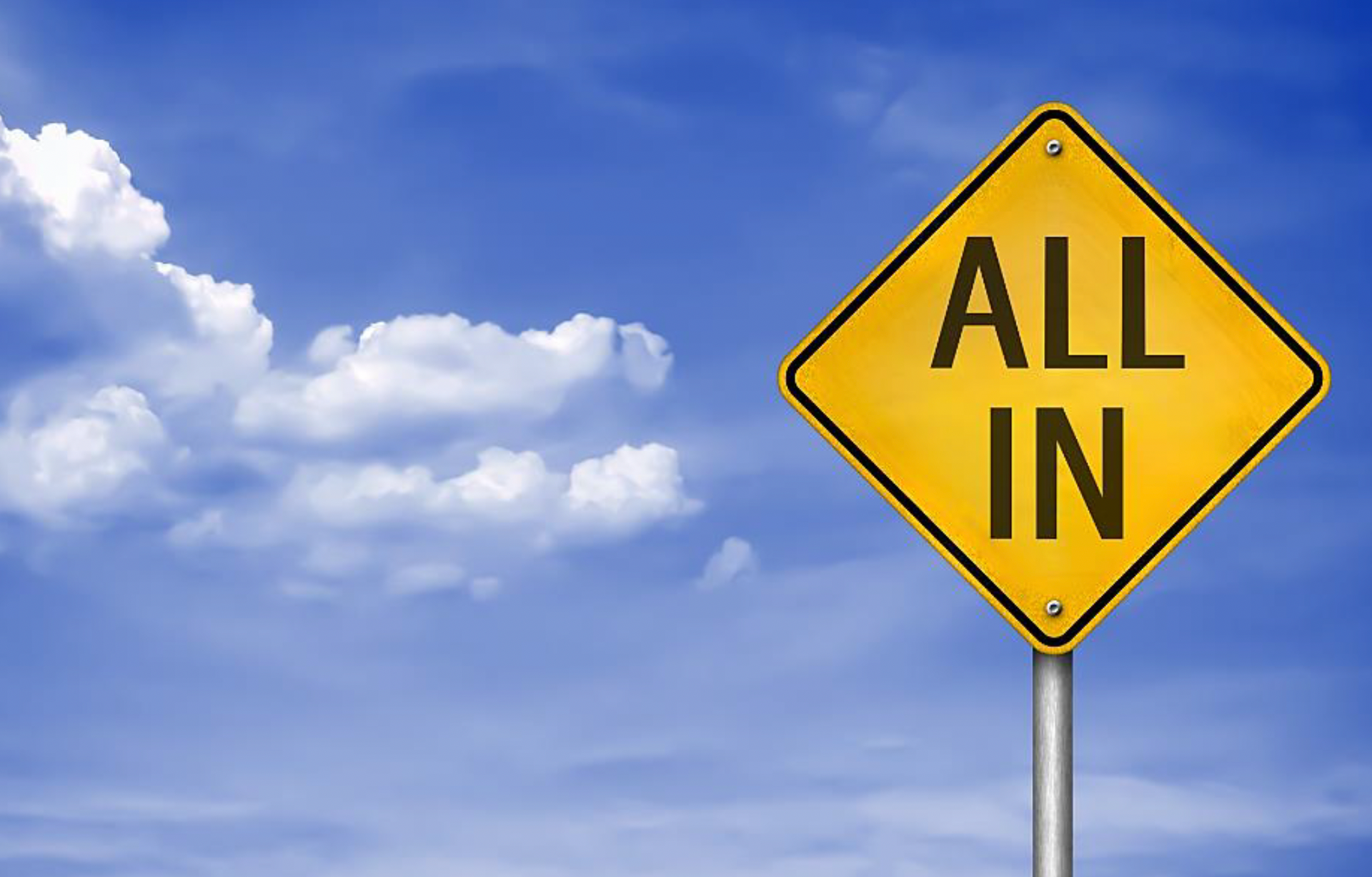
Today we'll hear a story of a woman whose faith in God is so complete that she hands her only child, the one she prayed so desperately for, over to the Temple, as an offering. She's all in.
What would it take for us to have that much faith in God, that we could be 'all in', give up our illusions of control and entrust things to God?
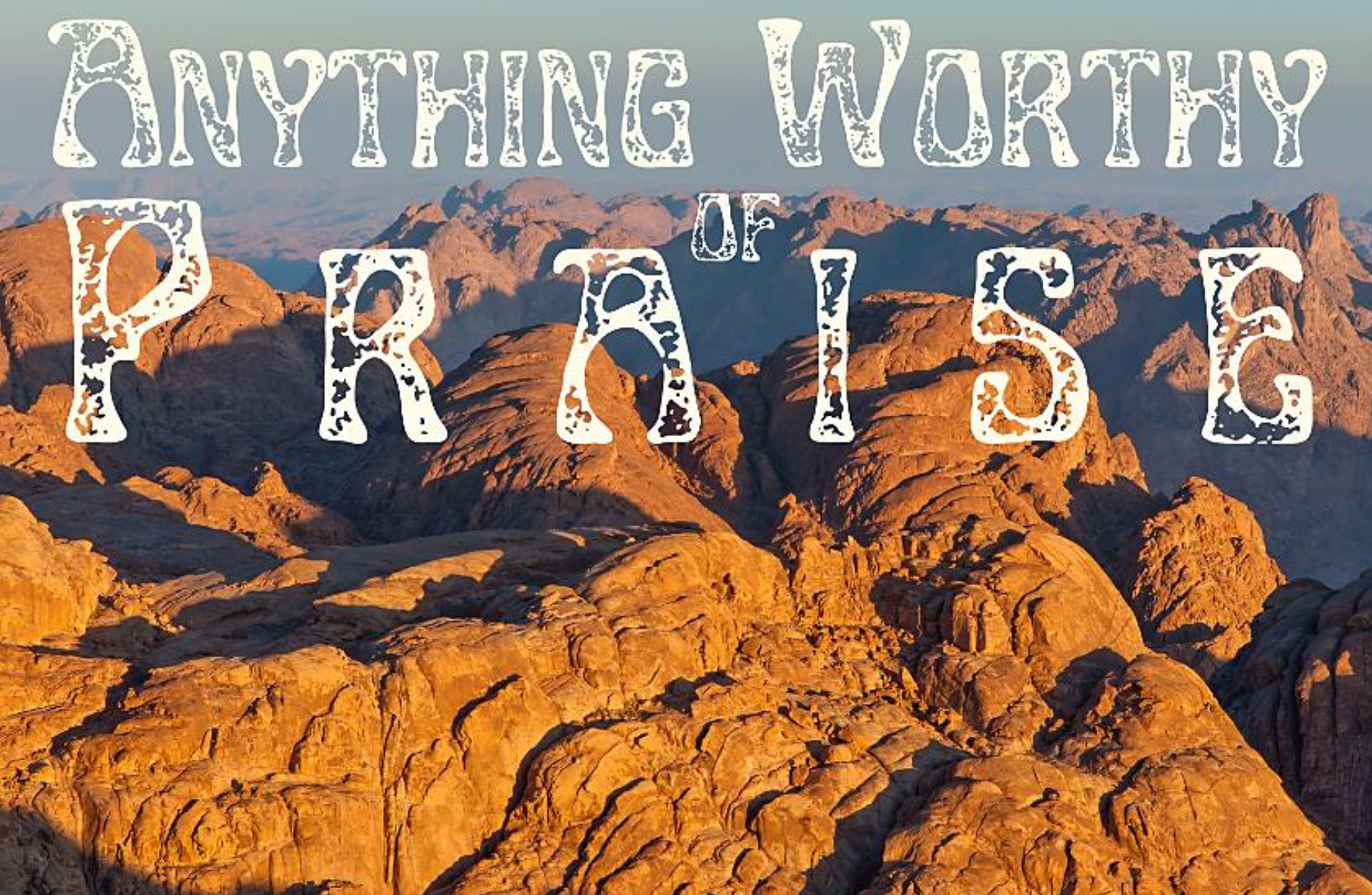
When the Israelites are waiting in the wilderness for Moses to come back down from Mt Sinai, they get restless and anxious. They take matters into their own hands and fashion their own golden god by melting down their earrings and their grandmother's candlesticks.
Why are we like that? What makes us forget who we are the minute we get anxious and worried? How can we build up our resilience to protect ourselves from idols?
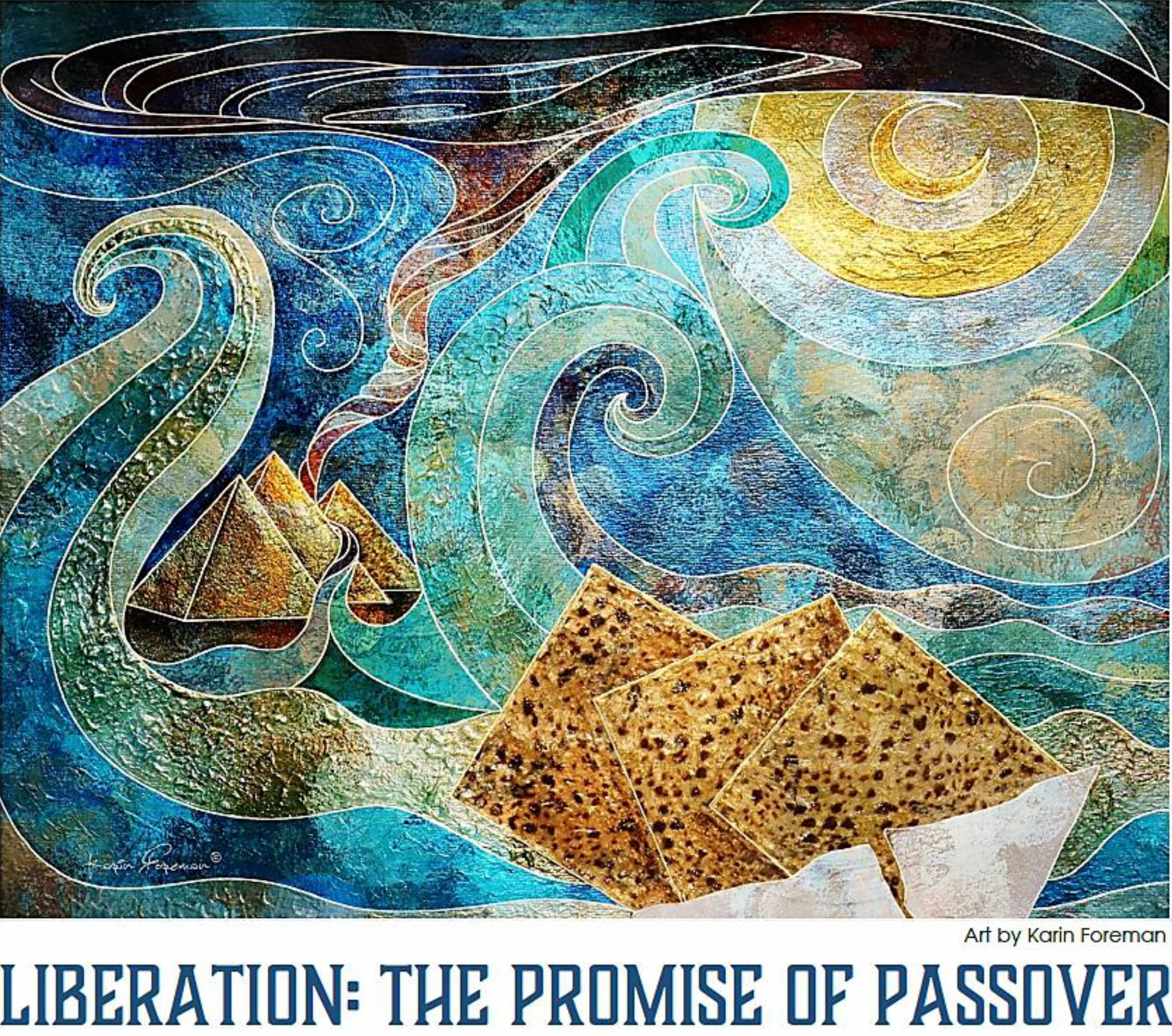
The story of the Passover and subsequent Exodus is THE defining story of the Israelites. When God liberates the Hebrew people from slavery and bondage in Egypt, God proclaims a preferential option for the poor and oppressed. Liberation is the promise of Passover, and God's work in the world. Let us join God in that work!
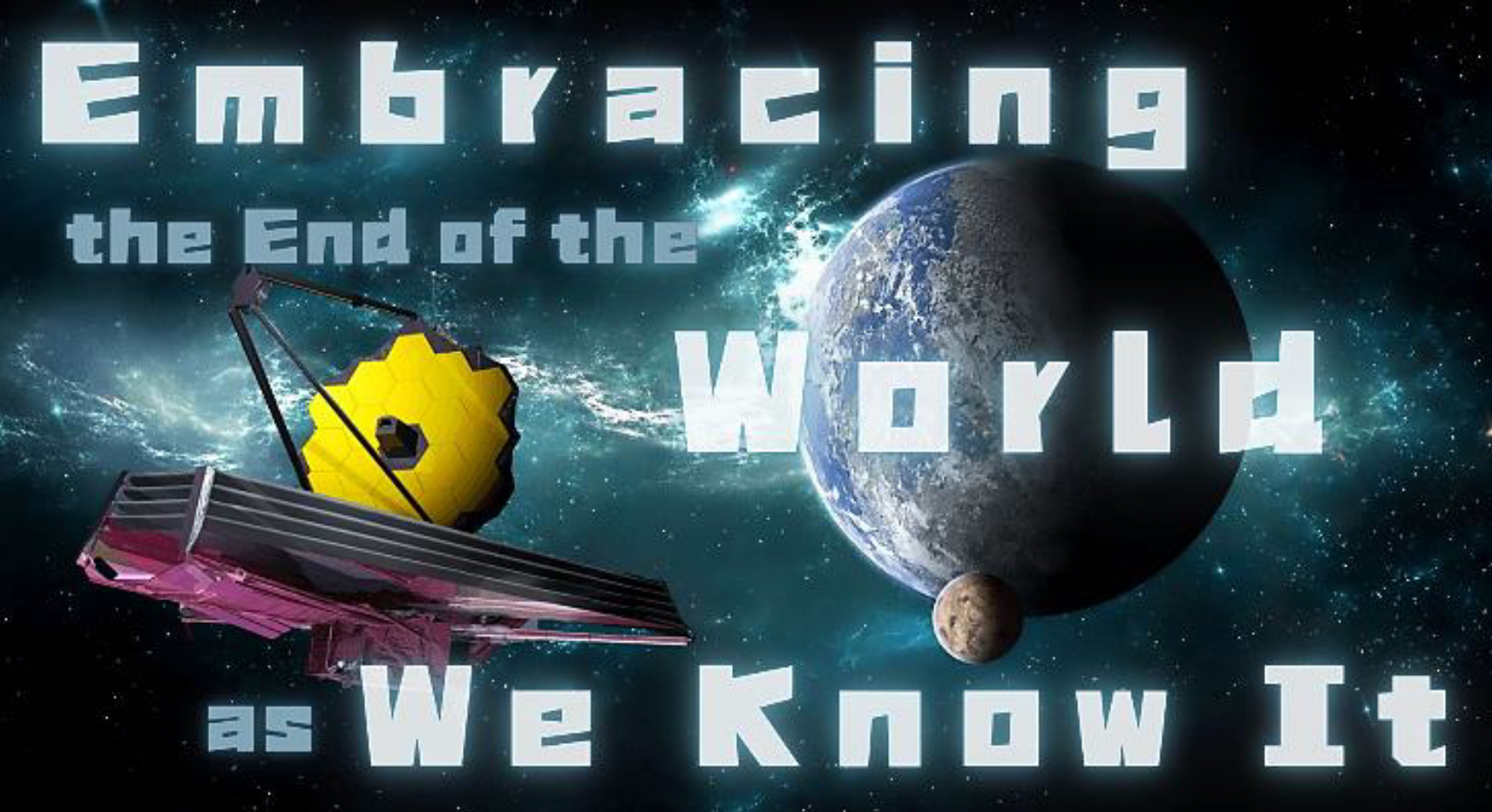
We live in interesting times. There are wars and rumors of wars; the climate is changing with potentially catastrophic results not far off; we have experienced a pandemic that does not seem to be finished with us yet; geo-political alliances are shifting; and there is a general sense of dread at a global level. All of these elements combined seem to some to point to the end of the world as we know it. Is that something to fear, or something to root for? We will take a fresh look at the ancient biblical idea of apocalypse and what it means for us today. It may not be the worst thing that could happen!”
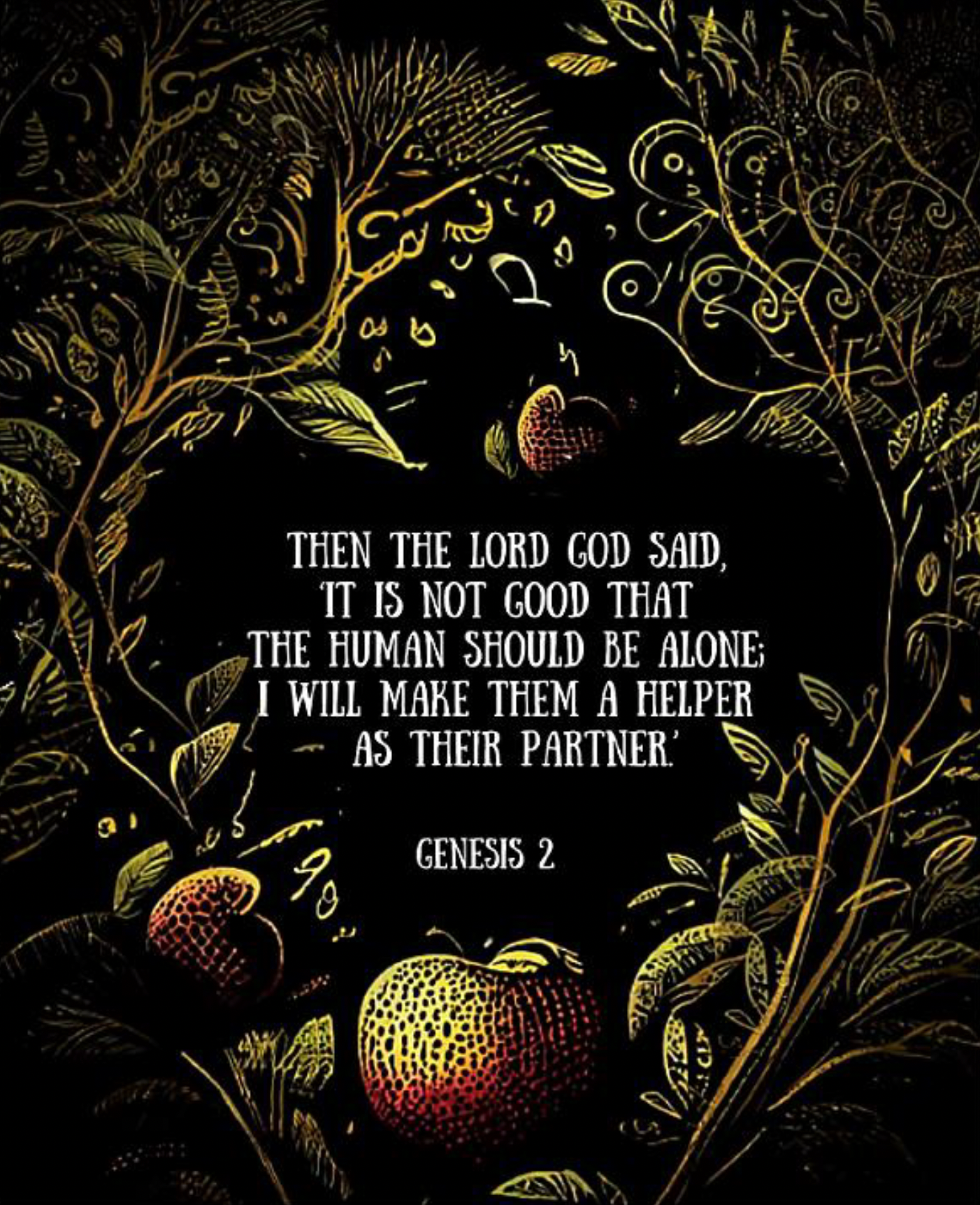
In the second creation story in Genesis 2, God creates one human. And then God creates birds, mammals, reptiles, and all other kinds of animal life because 'it is not good for the human to be alone'. The final (should we say pinnacle?) of creation is woman, meant so humans will be helpers for each other.
What does it mean to be created as helpers?
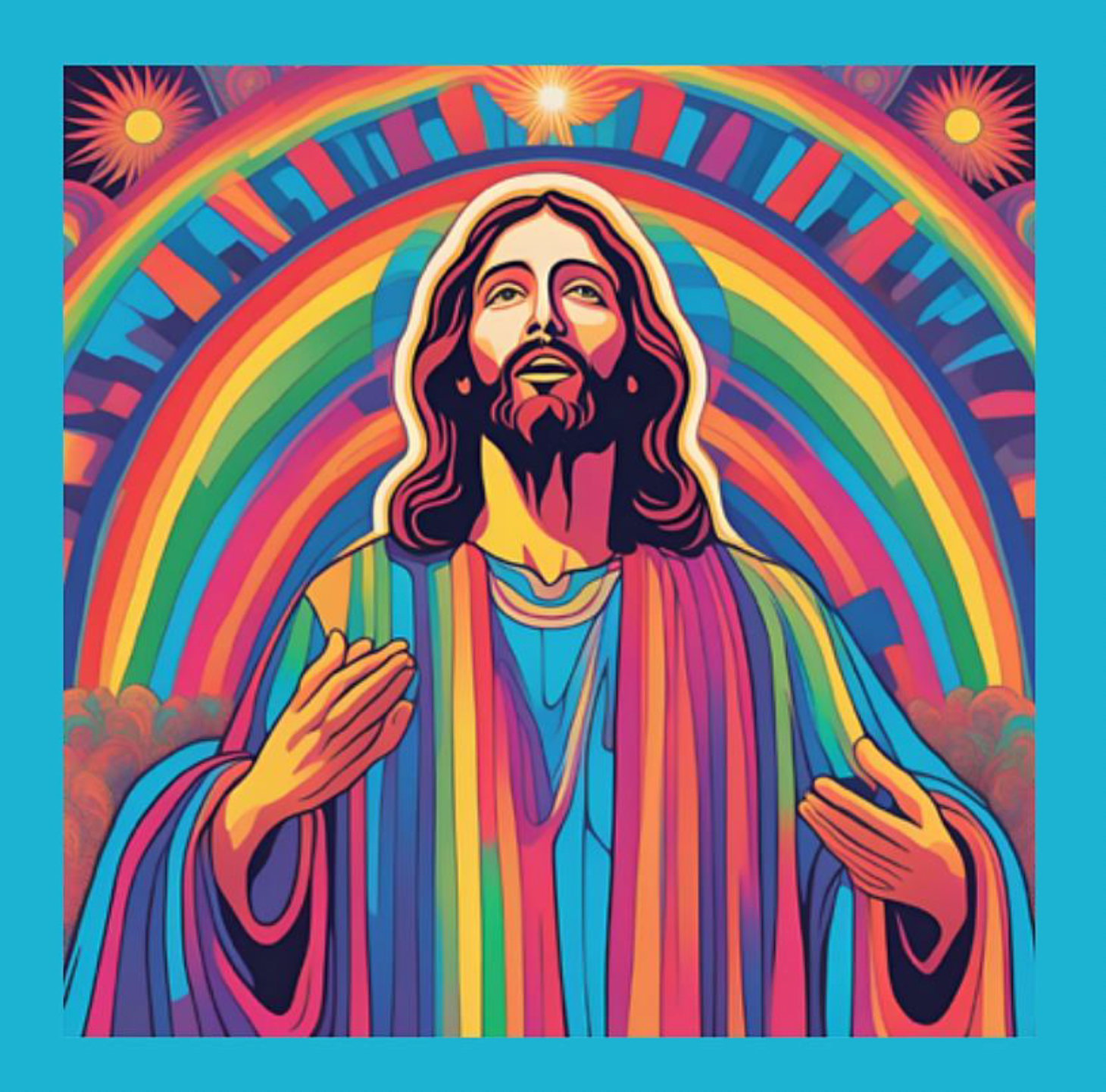
This was a special end-of-the-summer service with extra musical selections. There was not a traditional sermon during this service. Rather, the following are reflections which were woven throughout the service. The three scripture lessons are followed by selections from musicals that function as commentary.
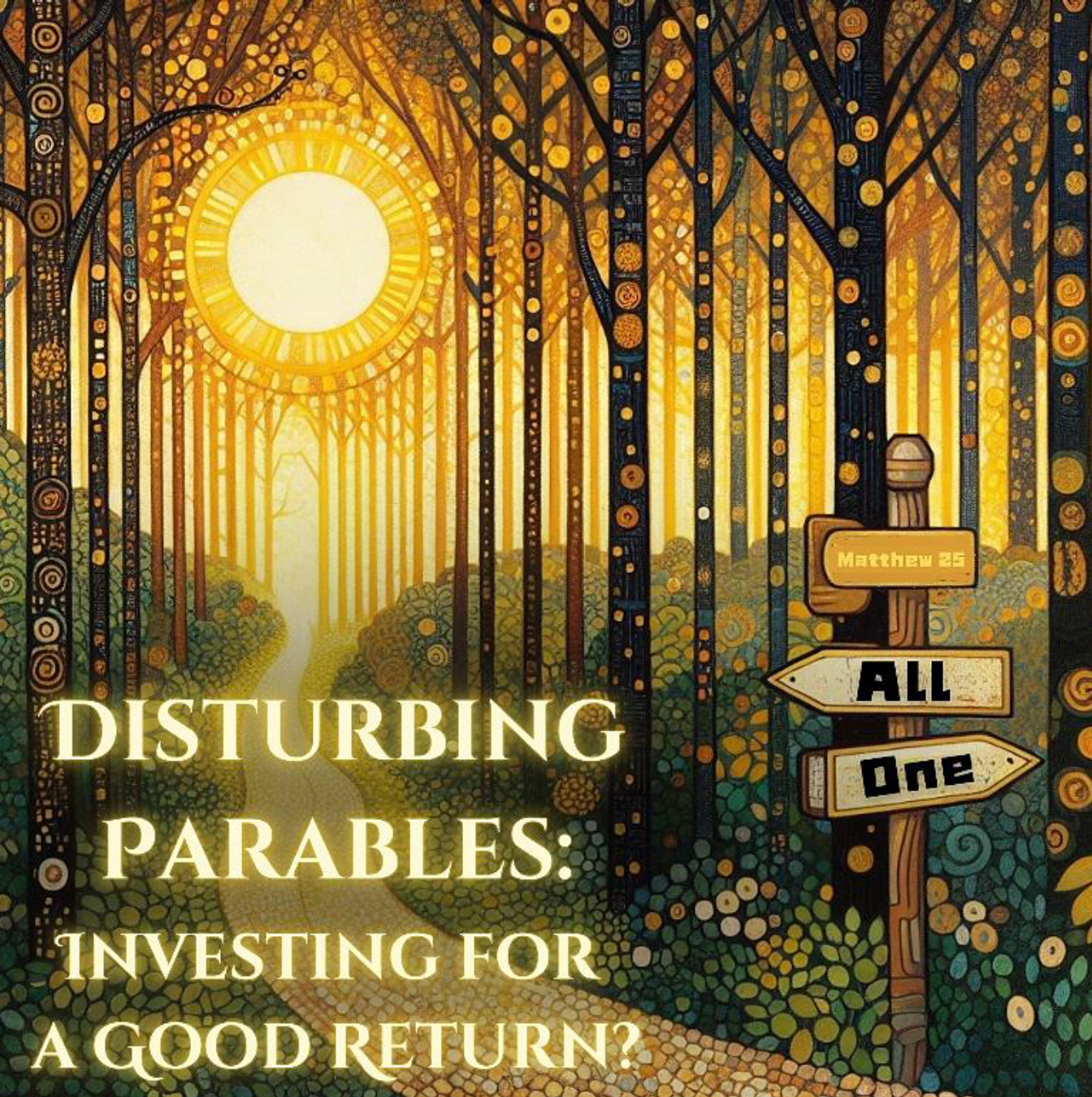
In the final of our series of three sermons on Jesus disturbing parables, Matthew’s gospel challenges us on what we are investing in our lives of faith, and what motivates us in our lives together. Given the generosity of God to us, are we investing that generous love in others, and in our communities?
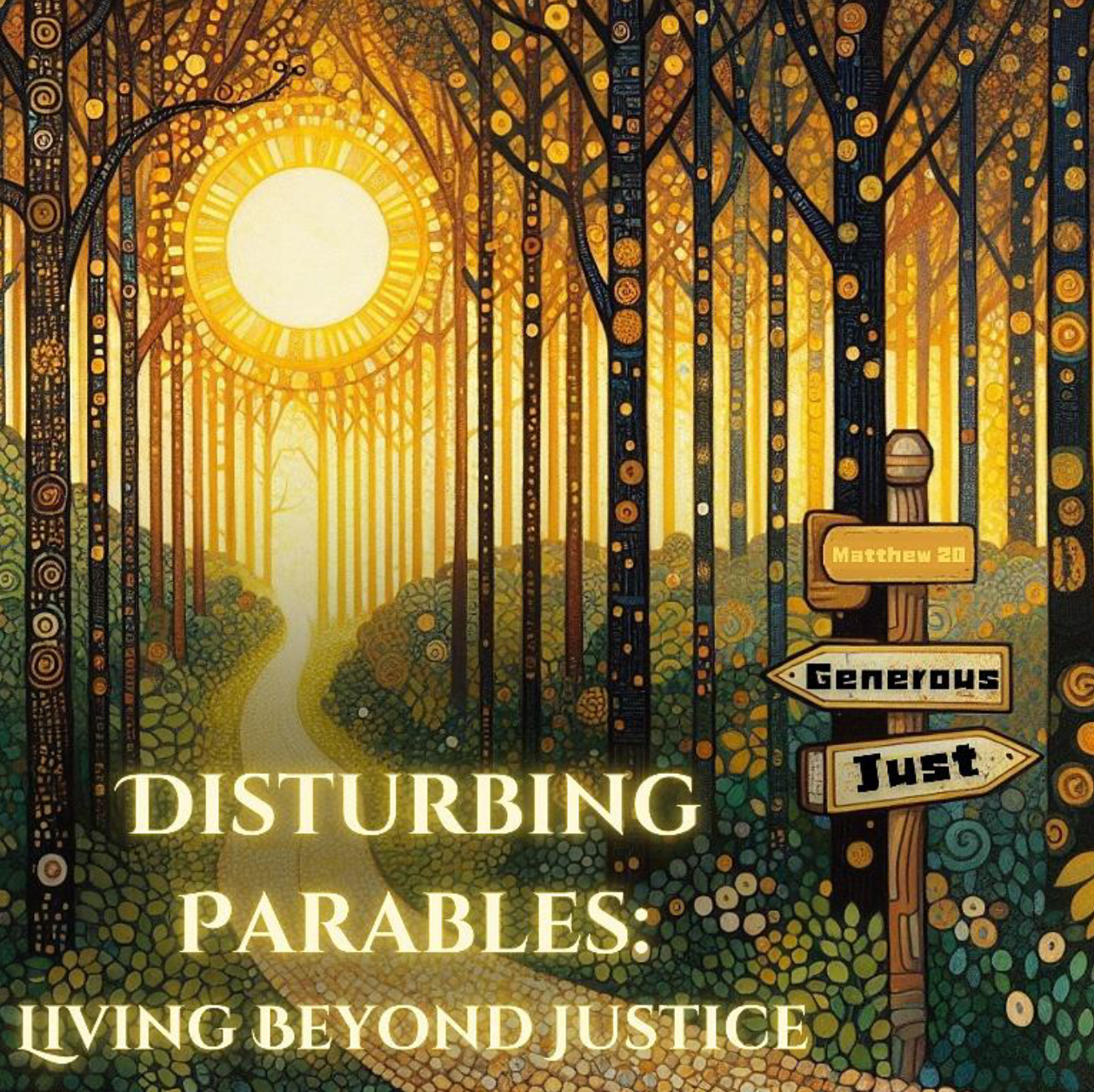
In the second of three sermons on famous parables of Jesus, we look at the Parable of the Workers in the Vineyard. Parables are meant to disturb us and upend the usual way we think about the world. I guess like me, you wish the world were a more just place. We could settle for that, as far from reality as that seems! But what if God calls us to live beyond justice, and to live an unmerited generosity in the world instead? What if being just is the very least we should expect of ourselves, and if really, we should be more concerned about being generous more than being just?
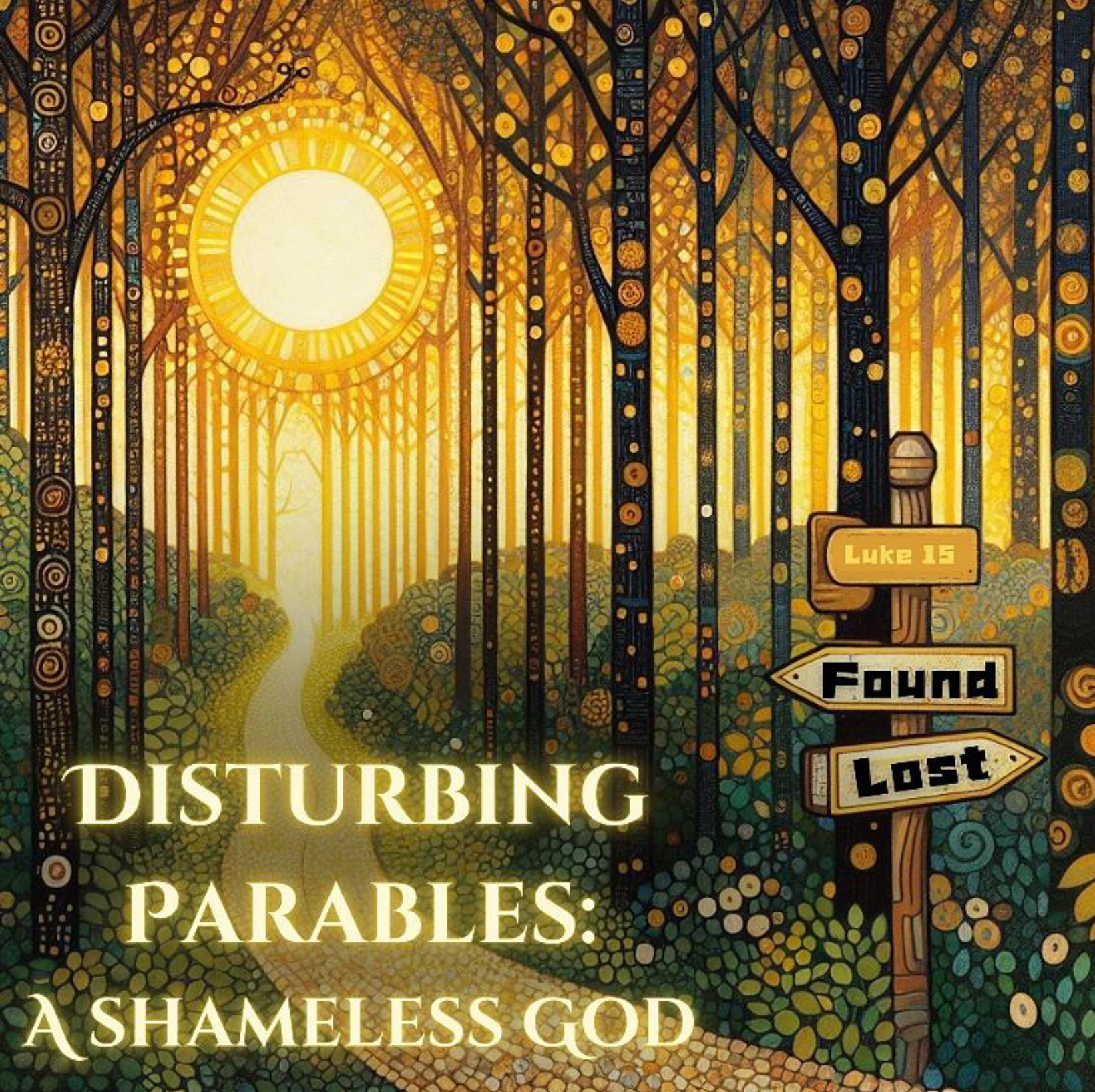
In the first of three sermons on famous parables of Jesus we look at the Parable of the Prodigal Son. Parables are meant to disturb us, and upend the usual way we look at things and think about the world. If Jesus’ story was about a shameless son, then there is another character who is also shameless—the parent. What would it mean for us to think about God as being utterly shameless?
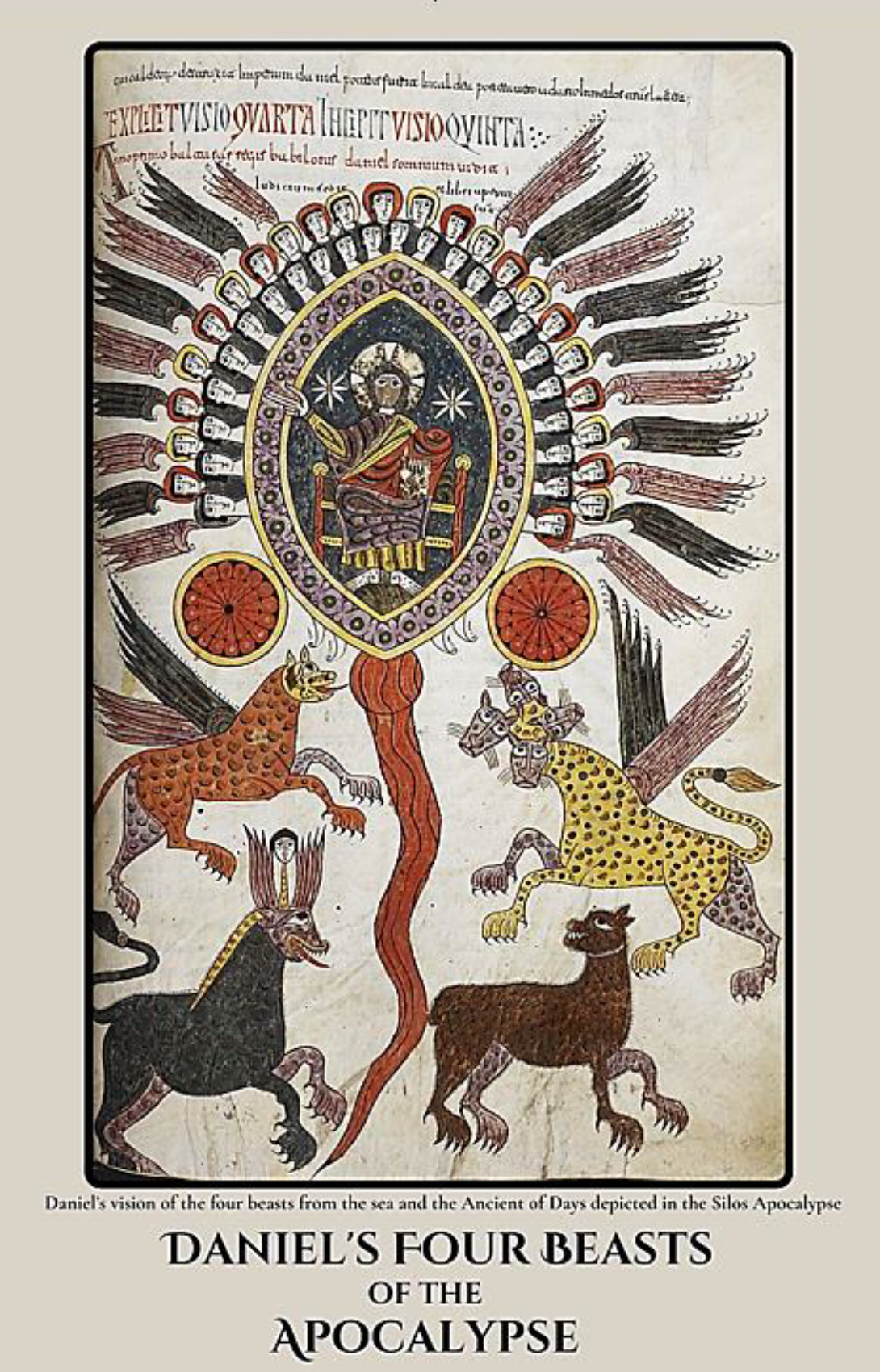
Spoiler Alert: The four world empires of Daniel's time are depicted as ferocious beasts. In what ways are empires beastly and predatory still today? And what is God's relationship to the powers that be? The apocalyptic writings of Daniel are simply a revelation of God's sovereign rule and love of all God's people. So let the apocalypse be revealed, and may we continue to resist and denounce the beasts that destroy and harm God's beloved creation.
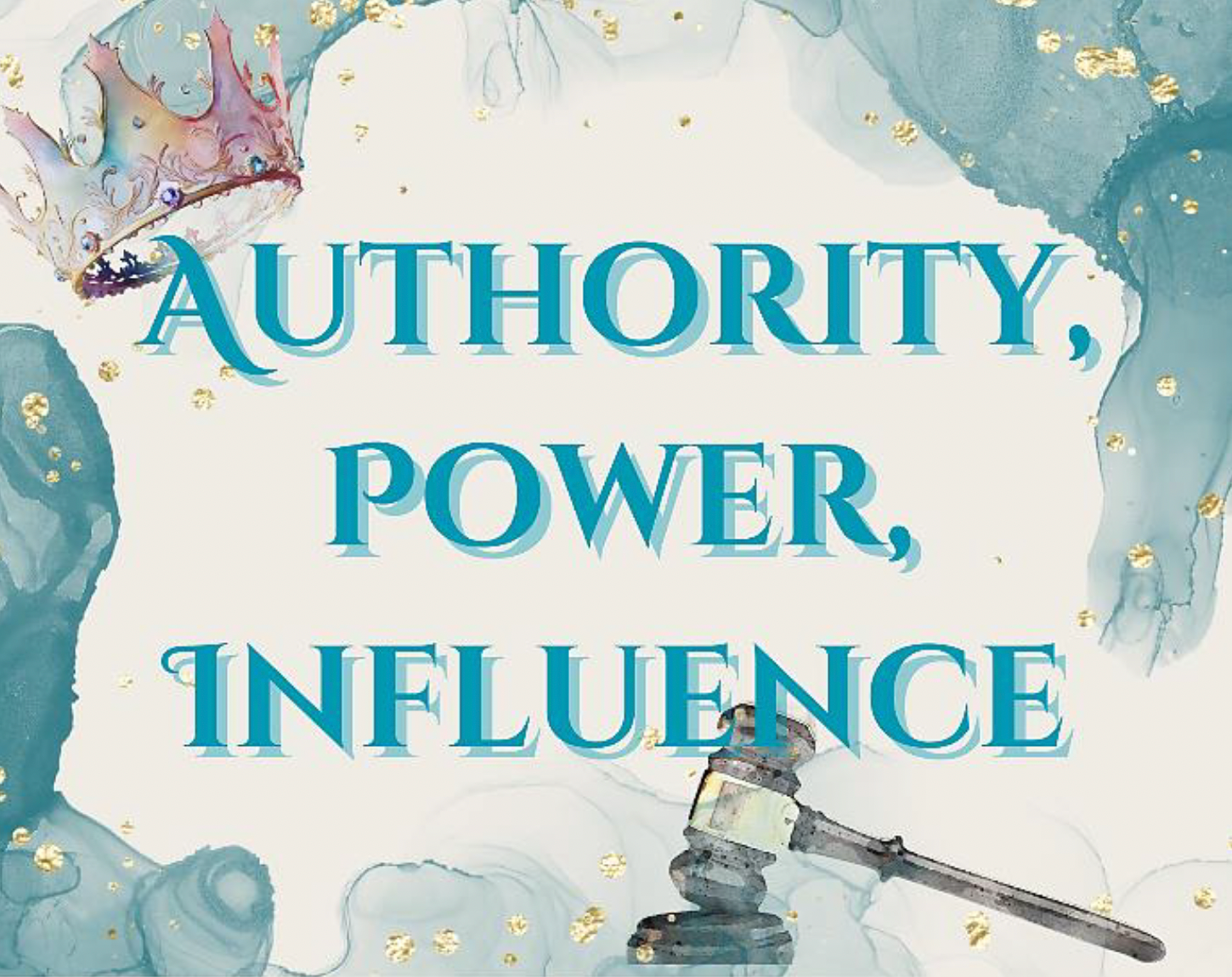
There are stories in scripture and in our lives where people act as if doing the right thing is impossible because of certain rules. It happens in our passage in Daniel, sending Daniel to the lion's den. It will happen when Jesus is on trial at the end of his life.
We each have different levels of authority, power, and influence. Are we using our privileges to do the right things?
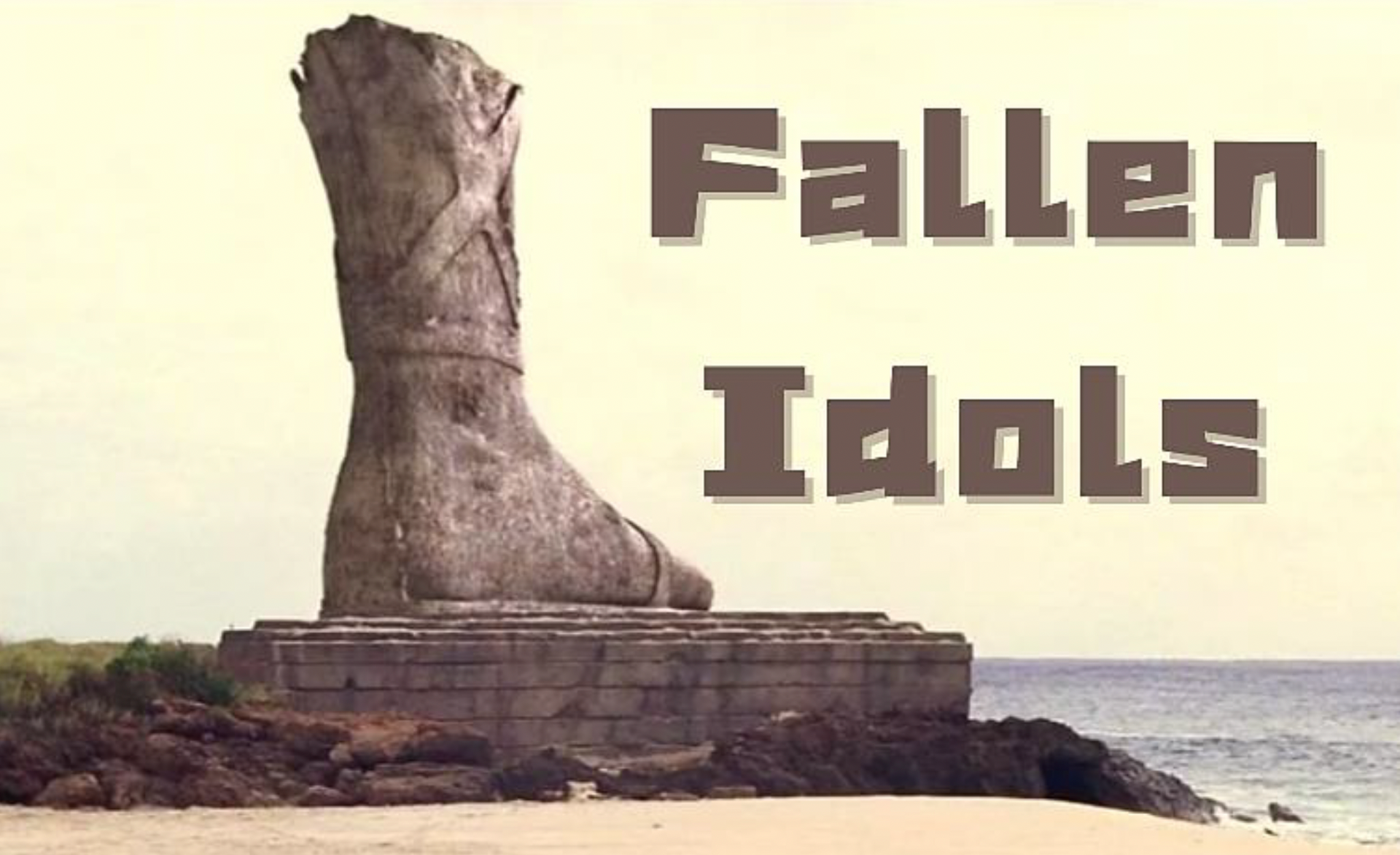
King Nebuchadnezzar made a golden statue whose height was sixty cubits and whose width was six cubits. If my biblical math is correct, that’s about 90 feet tall, and about 9 feet wide, which is maybe not a hallmark of strong engineering. It doesn’t have a base wide enough to support the weight of it.
What are we building? And are we building it in a way that will last, or idols to draw attention to ourselves for a brief moment? What are the idols we worship? Which of them need to fall?
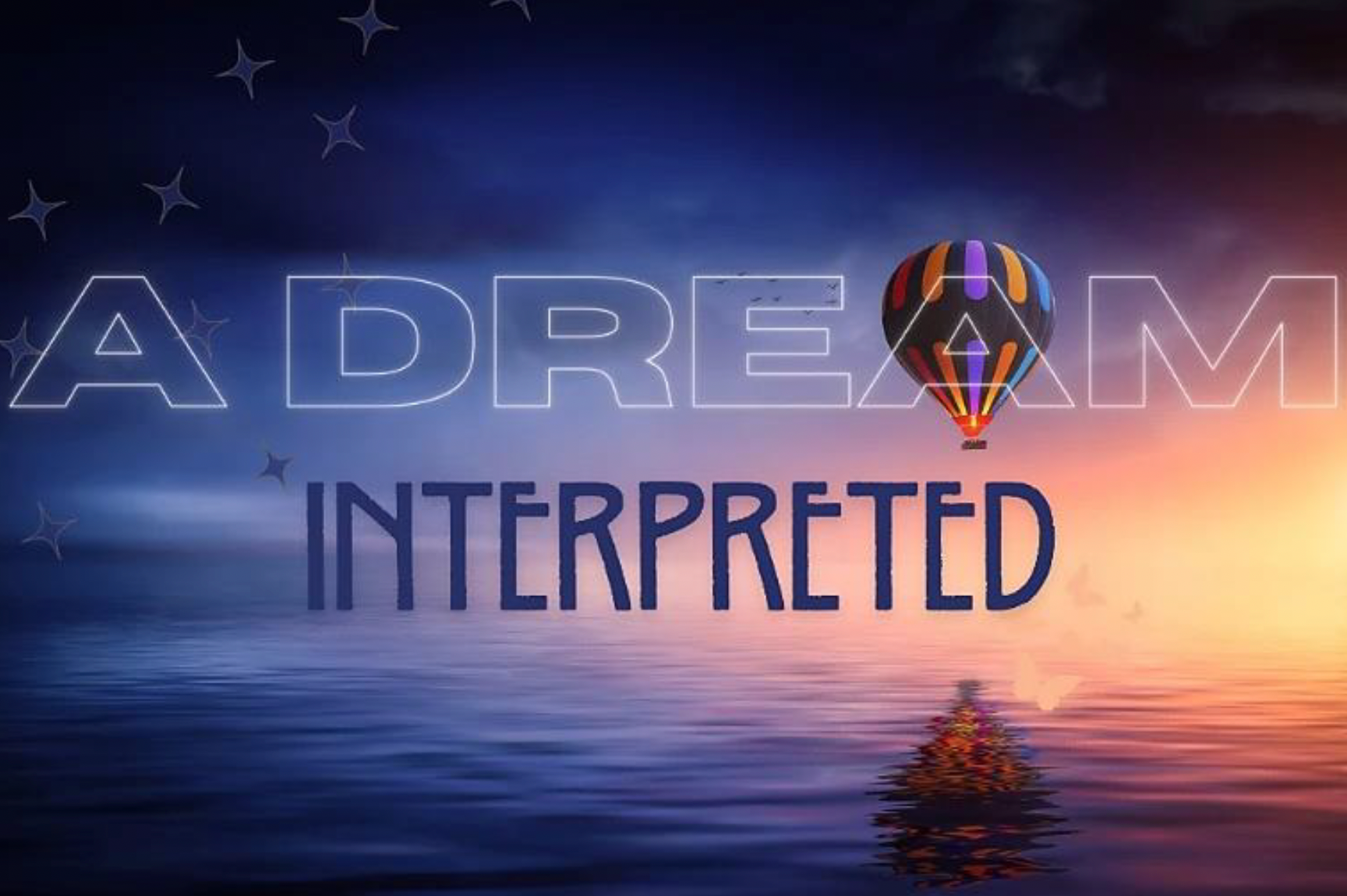
Do you remember your dreams? I try to pause when waking and think about my dreams, because I know they will scamper away the minute I get busy with my day.
Having a dream is one thing. Interpreting its meaning is another. And turning a dream into reality is a whole different level. What are your dreams? Where is God in your interpretation of them and your implementation of them?
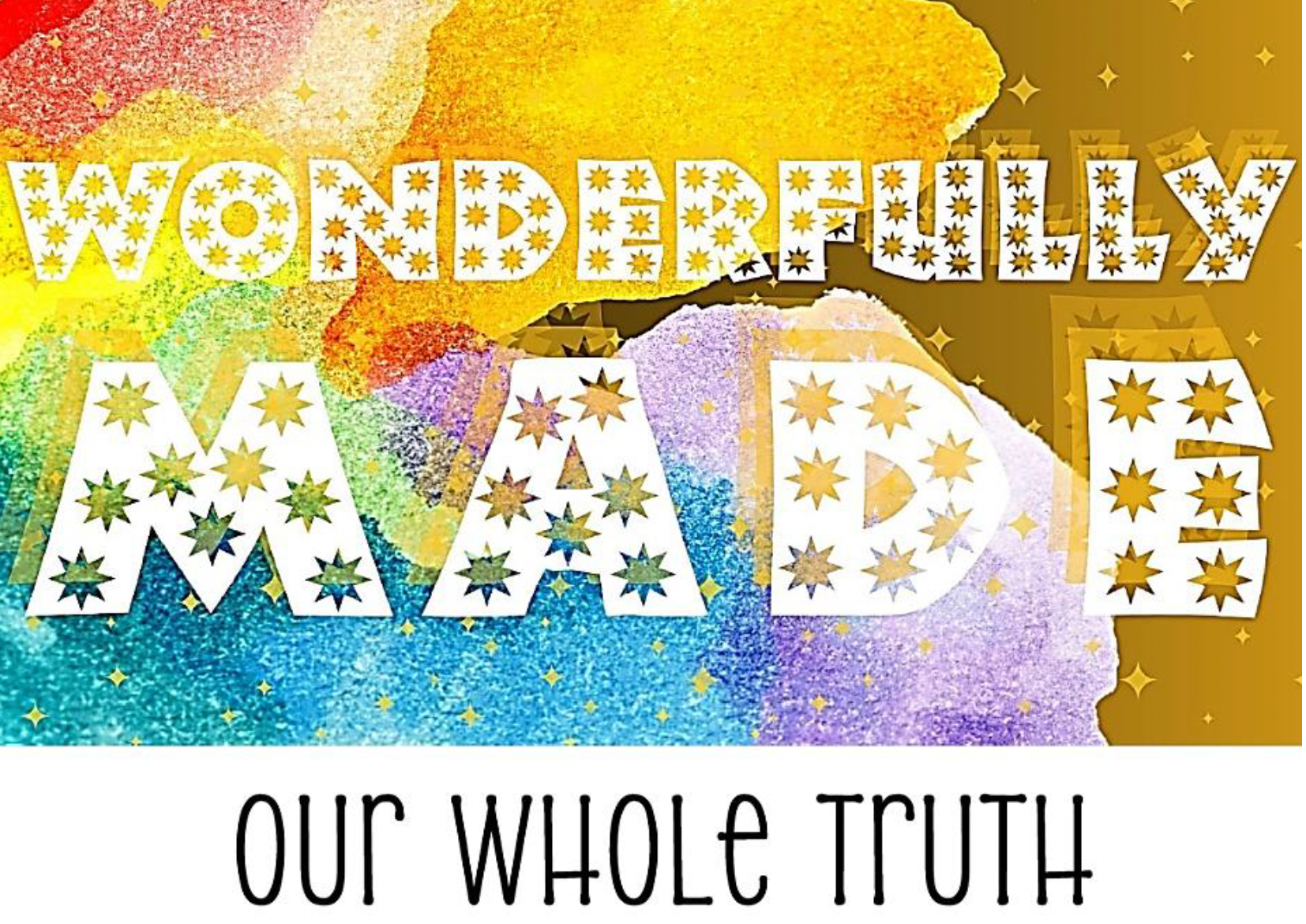
In some of the most beautiful verse in scripture, the psalmist calls us to remember how deeply we are known by God, and how deeply we are loved. And it matters deeply. Sometimes in life we feel alone, we worry that either we have strayed beyond where God would follow, or we feel life has taken us past the limits of where God’s love would extend. It is a lie we tell ourselves—that we are beyond God’s love. It is a lie we tell about other people too.
As we celebrate PRIDE, and wrap up our sermon series on the Psalms, come be reminded of how much God loves you. Yes, you.
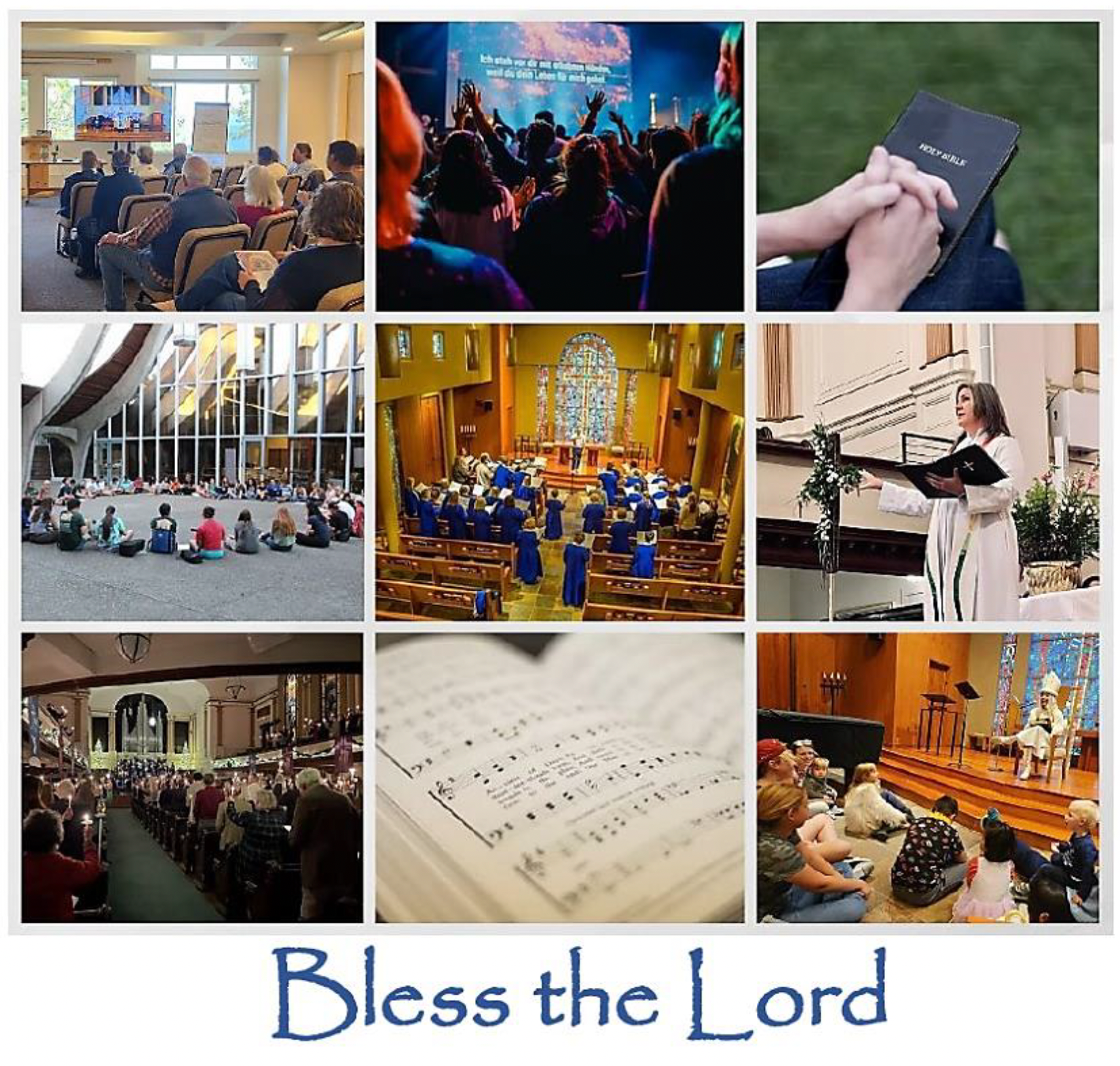
We often think of the word "bless" in the context of God blessing us. But Psalm 103 tells us five times to "Bless the Lord." What does it mean to bless God?
On this Father's Day, as we look at a psalm that describes God as a father who has compassion for his children, we acknowledge that not all human fathers are this way. And we remember that God is described as much more than just a "father" in the Psalms and in scripture. Join us as we continue our sermon series on the Psalms and what they might reveal to us about God, humanity, and our relationships.
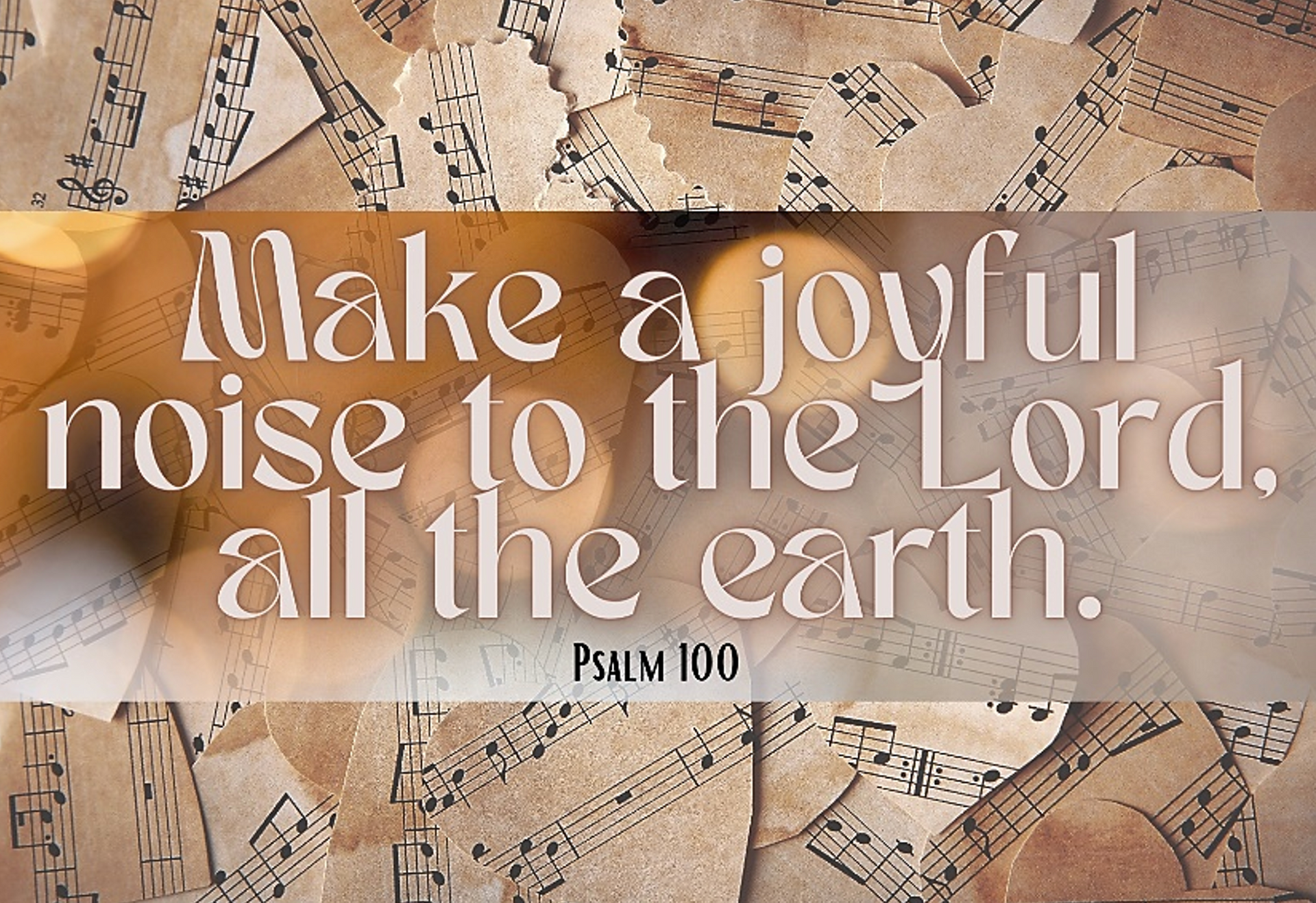
Psalm 100 is a psalm of praise. In it, the entire earth is called to praise, because praise is a job description of those God has created. Orienting our lives toward praise and gratitude is not an act of putting on rose colored glasses and refusing to see the broken and painful parts of the world. It helps keep the broken and painful parts of the world in the right perspective, which gives us the energy and the strength to work to make the world less broken, less painful. Let us praise God together.
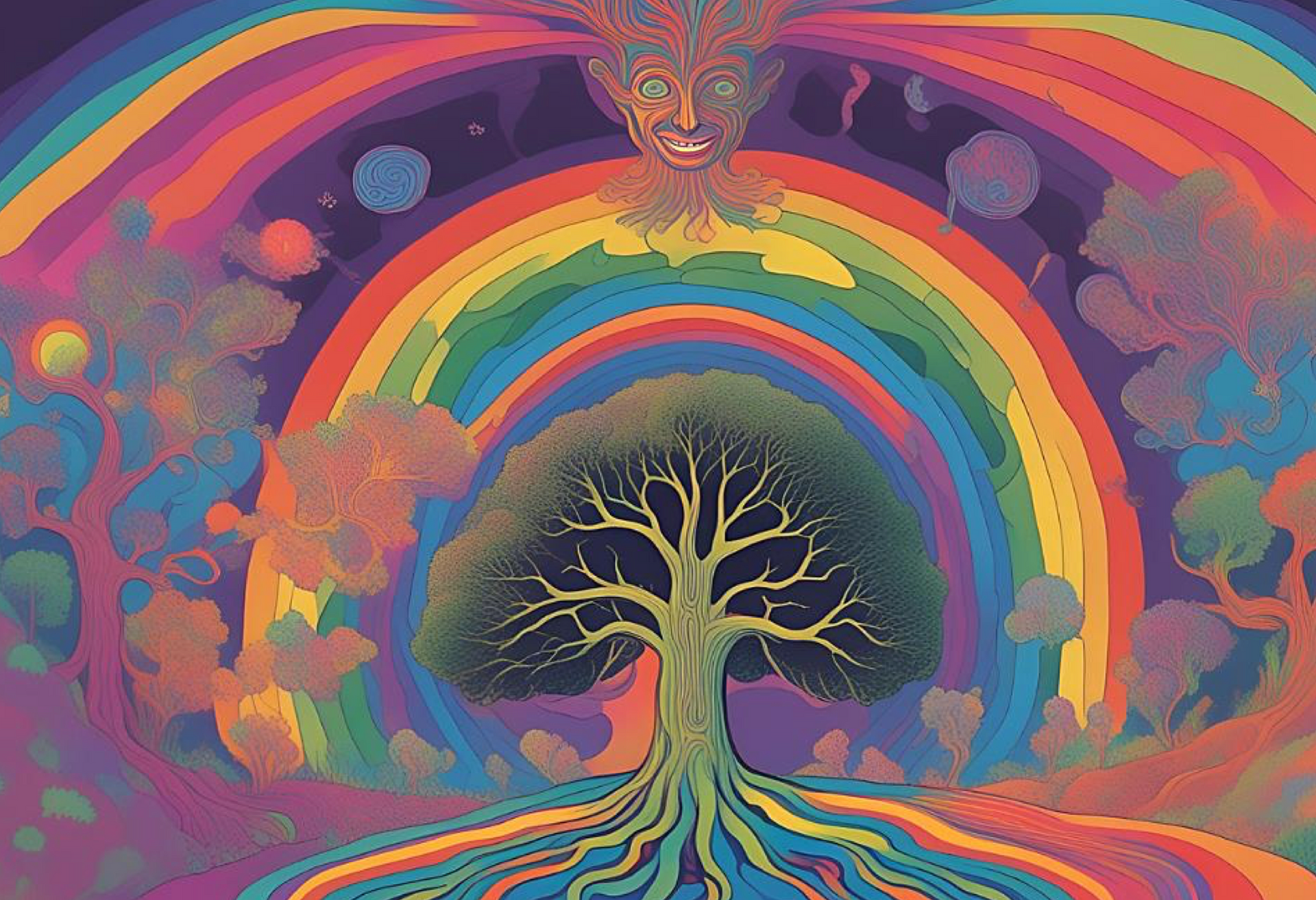
There is an old Italian saying: "Traduttore, traditore." It is a remark that assumes that the task of translation is hopeless, that you can't ever properly transmit a work from one culture to another. But what if the translator is God? This Pentecost, wear red and experience how God is translating love, peace, and unity for us in this world.


